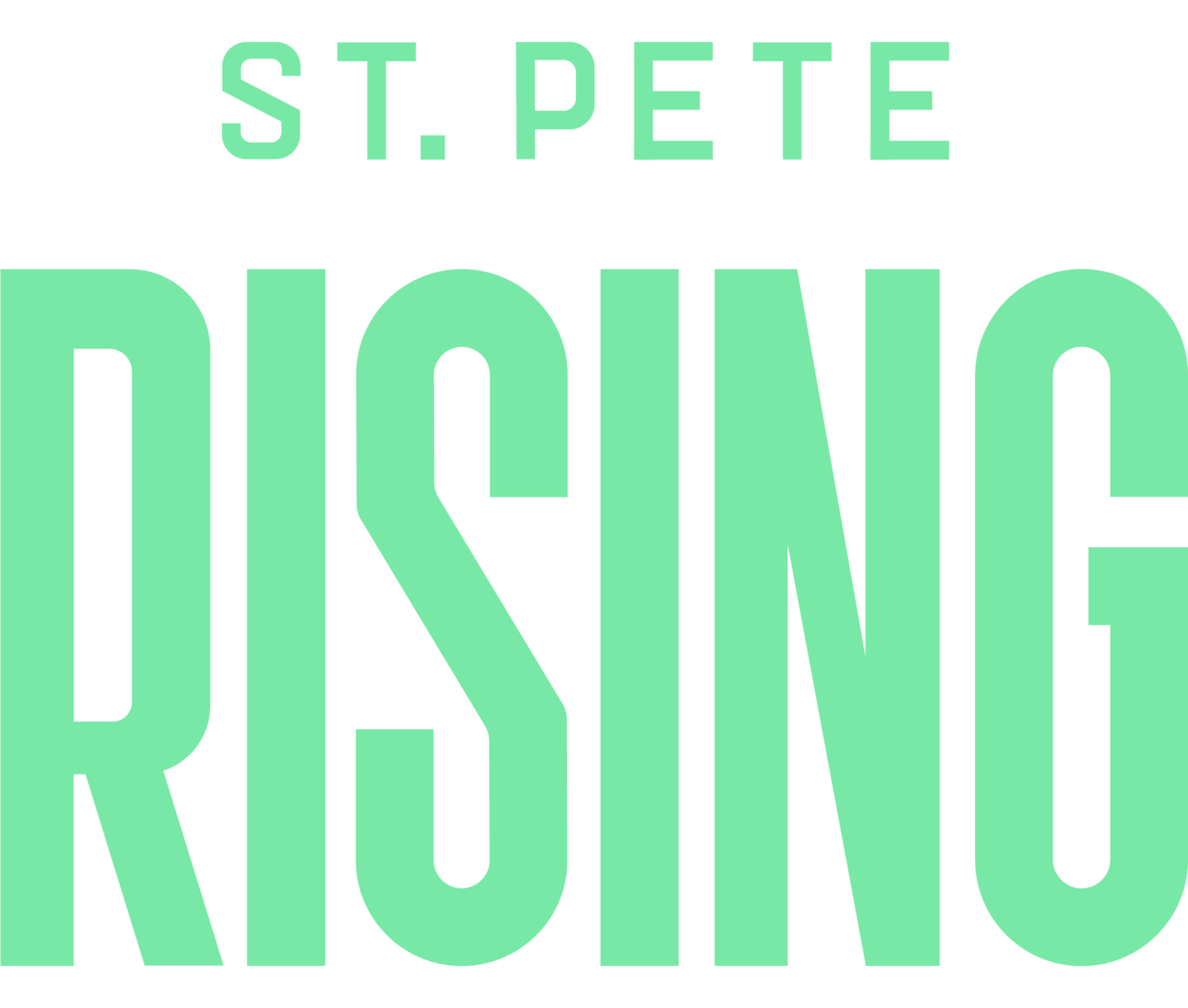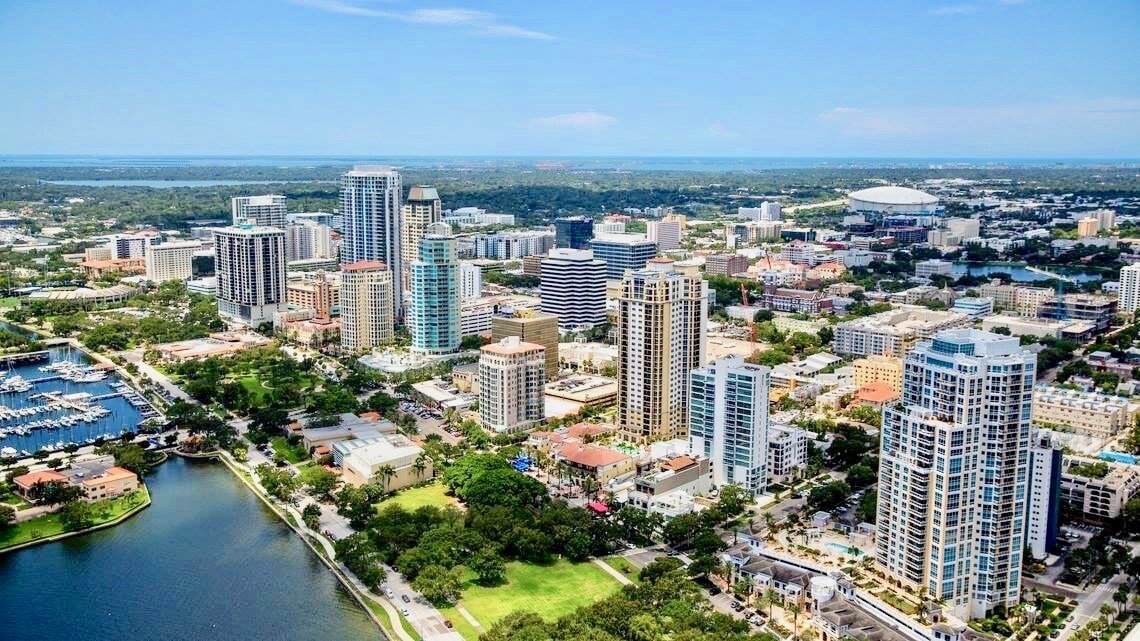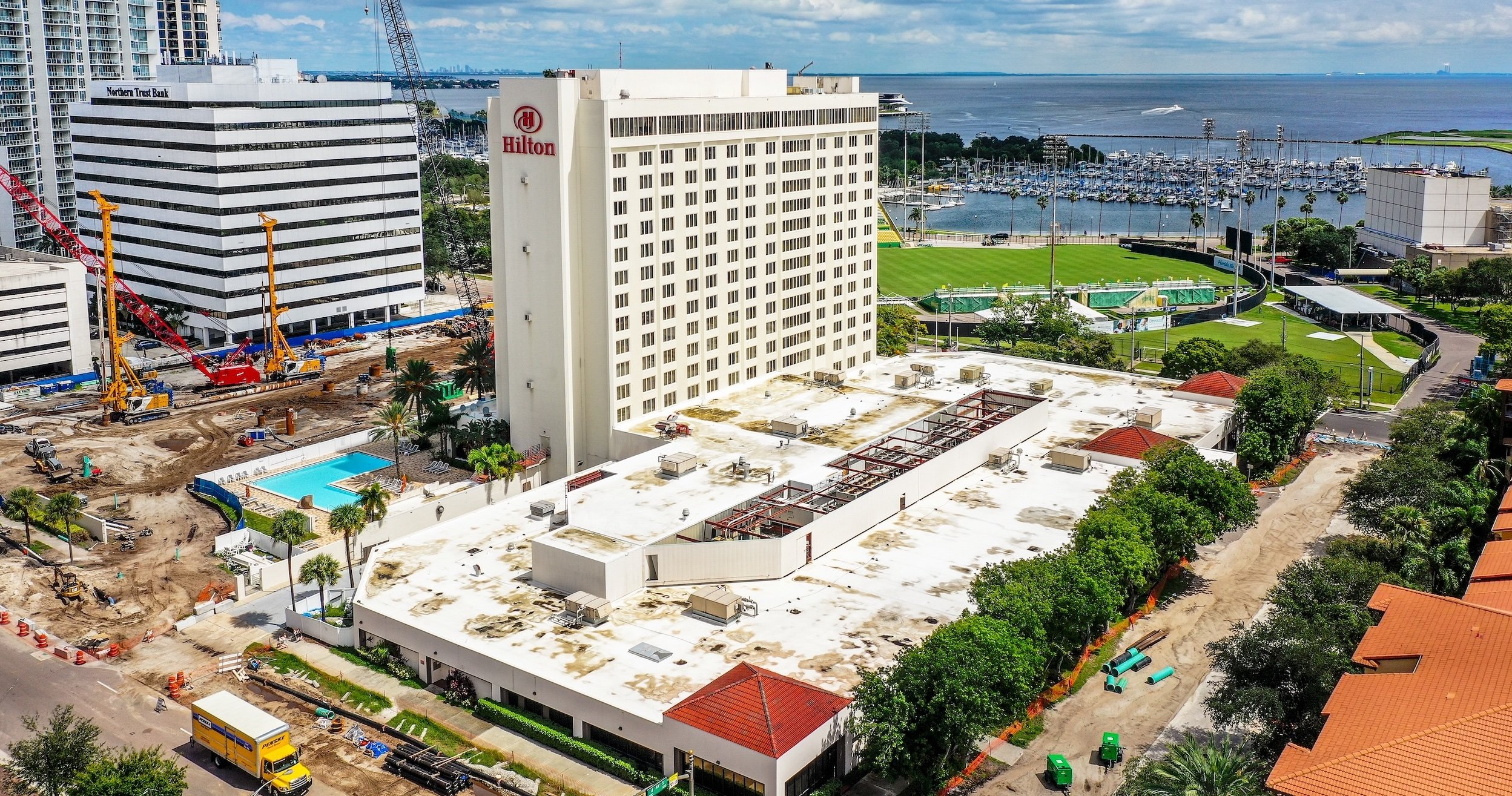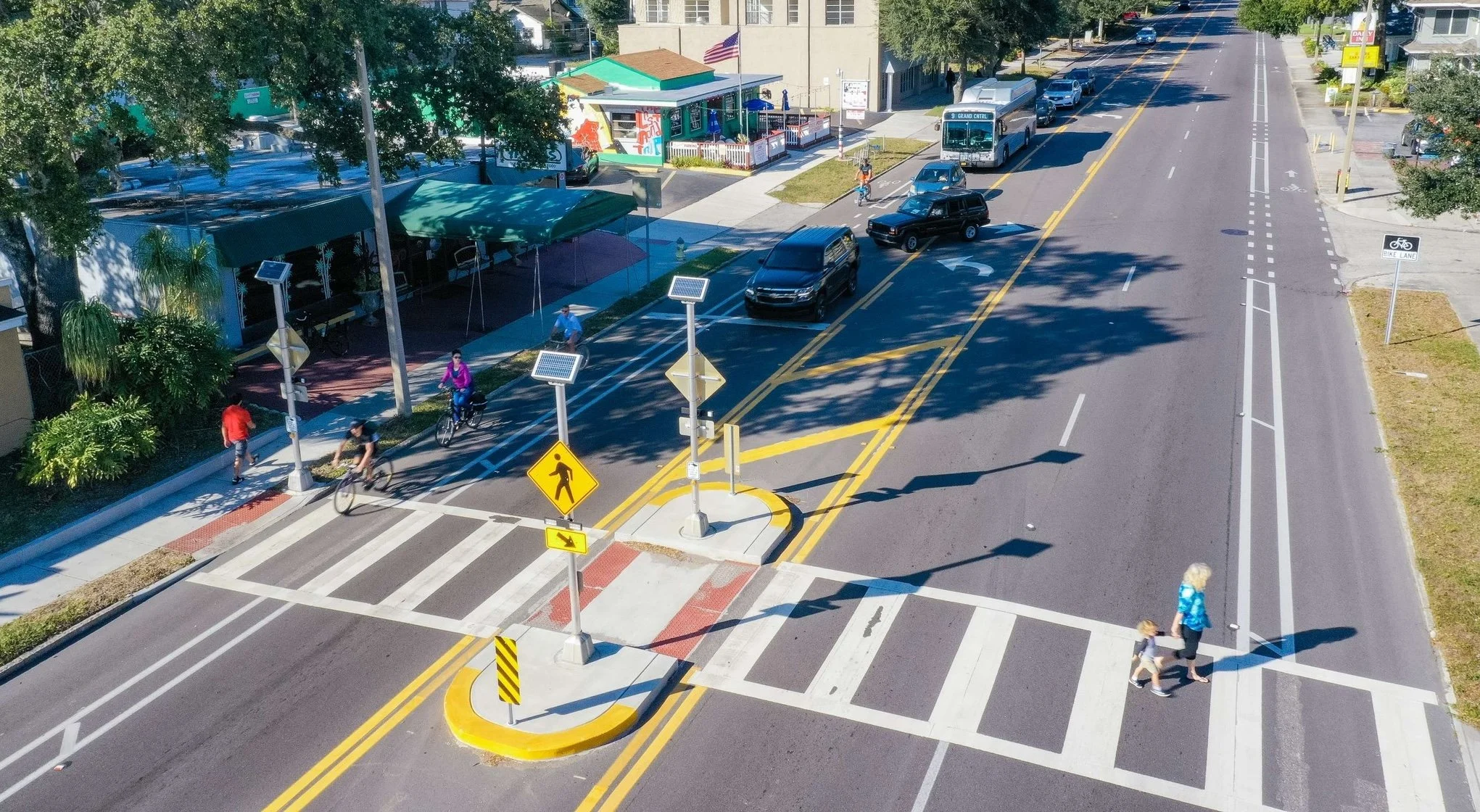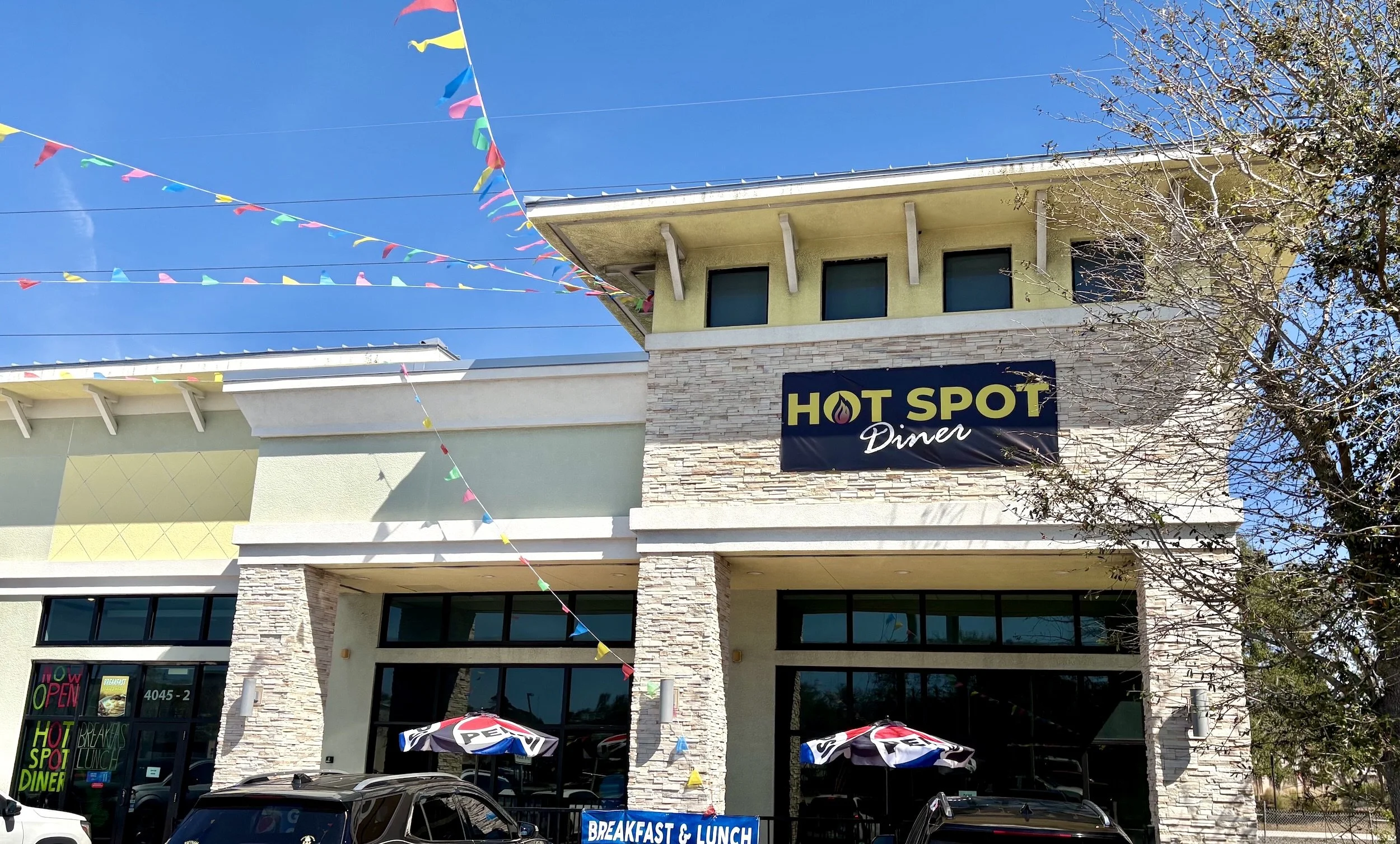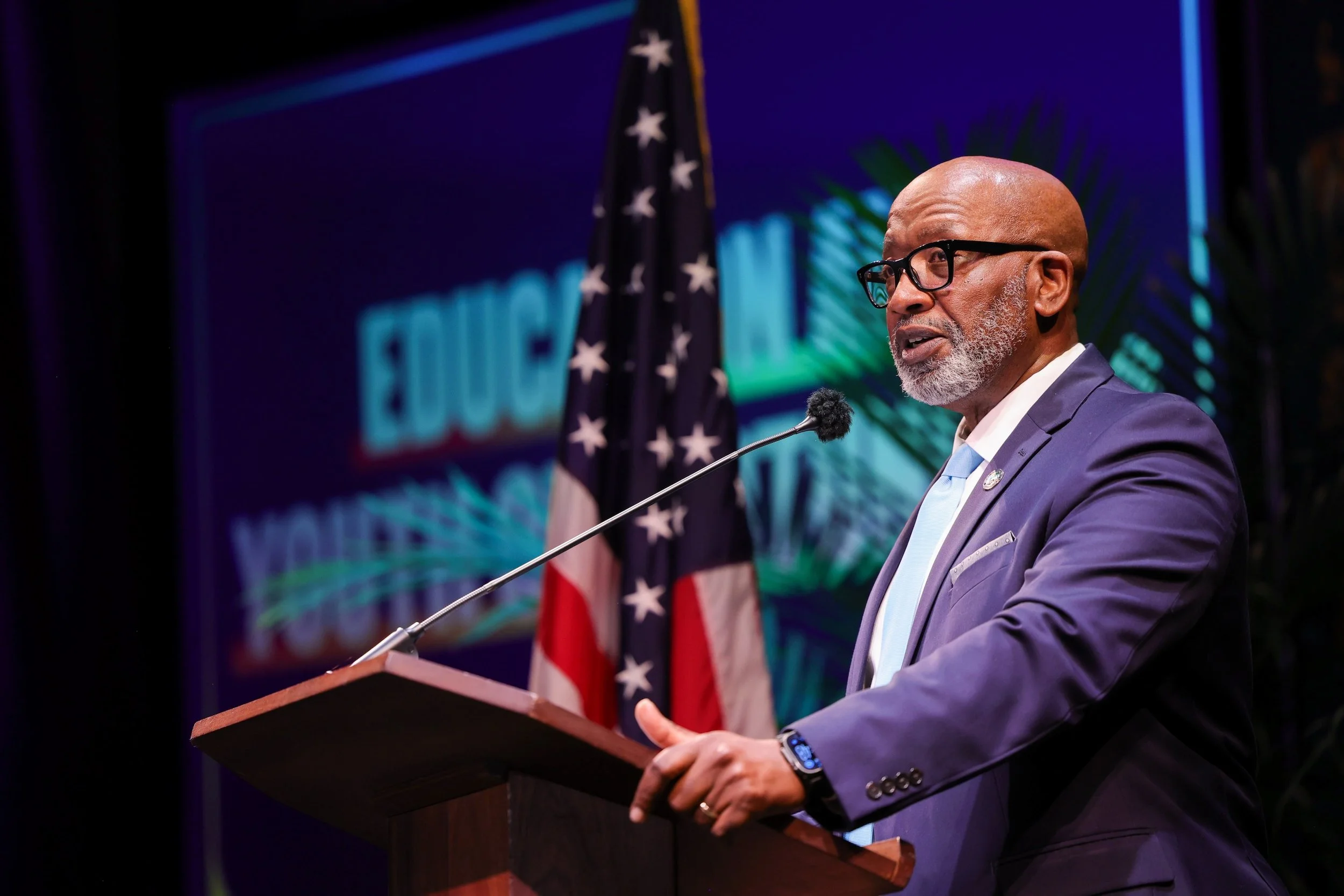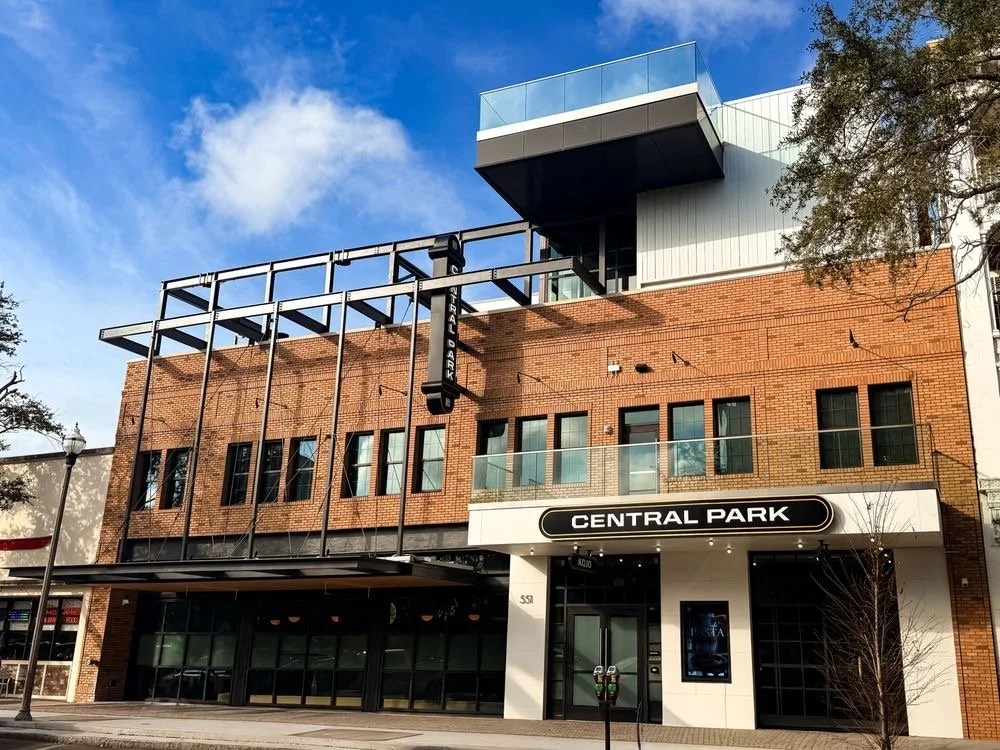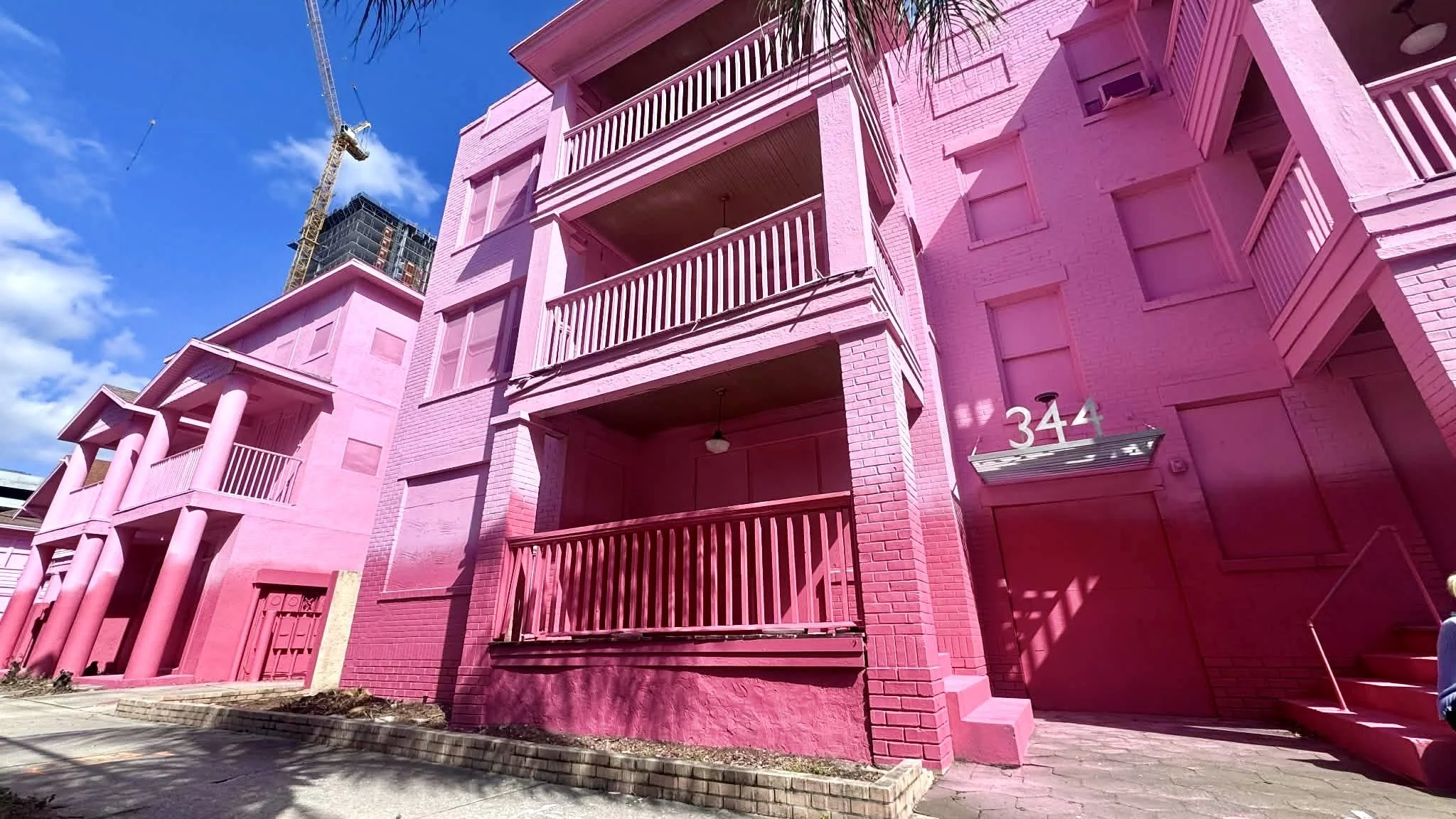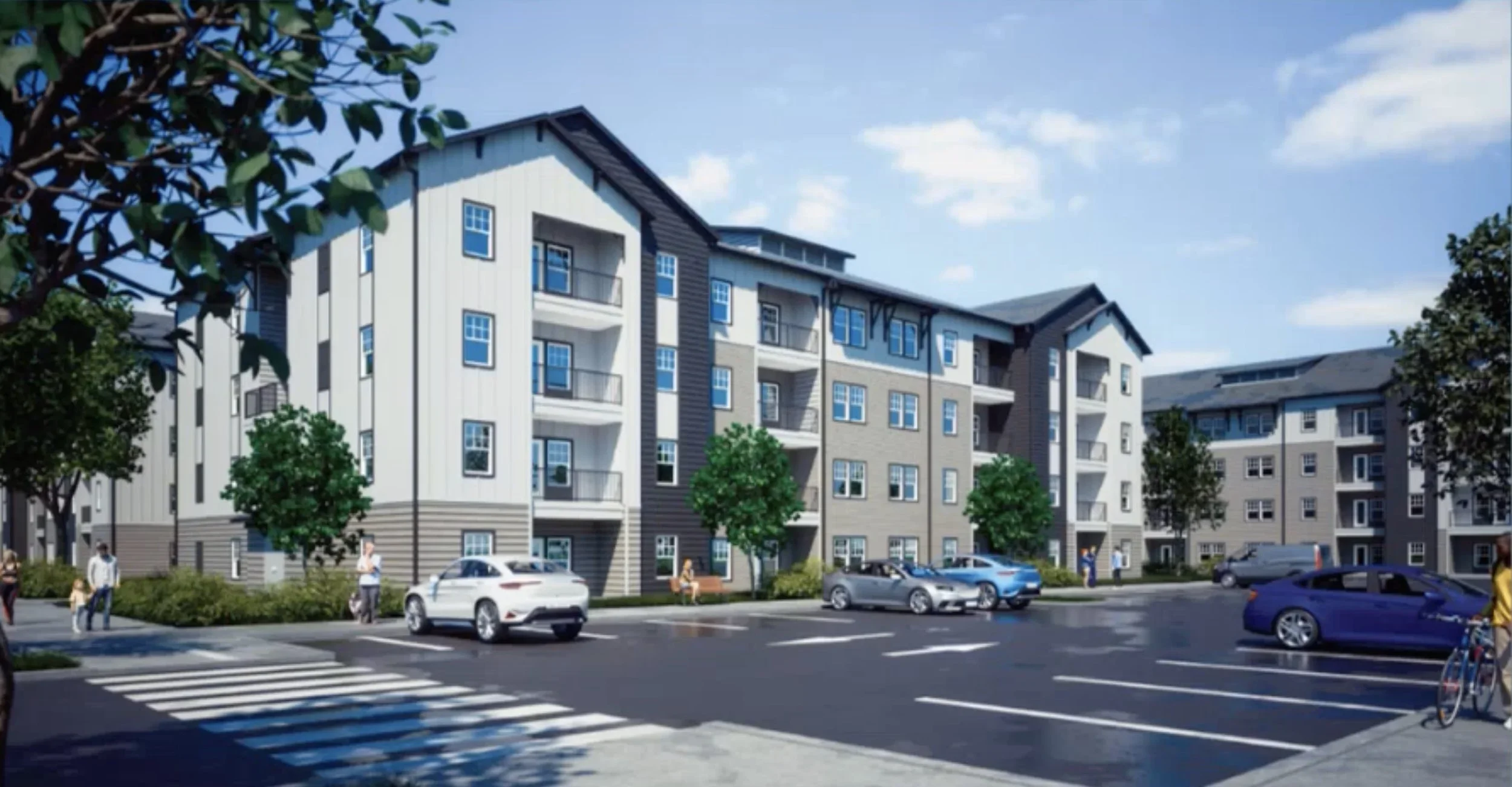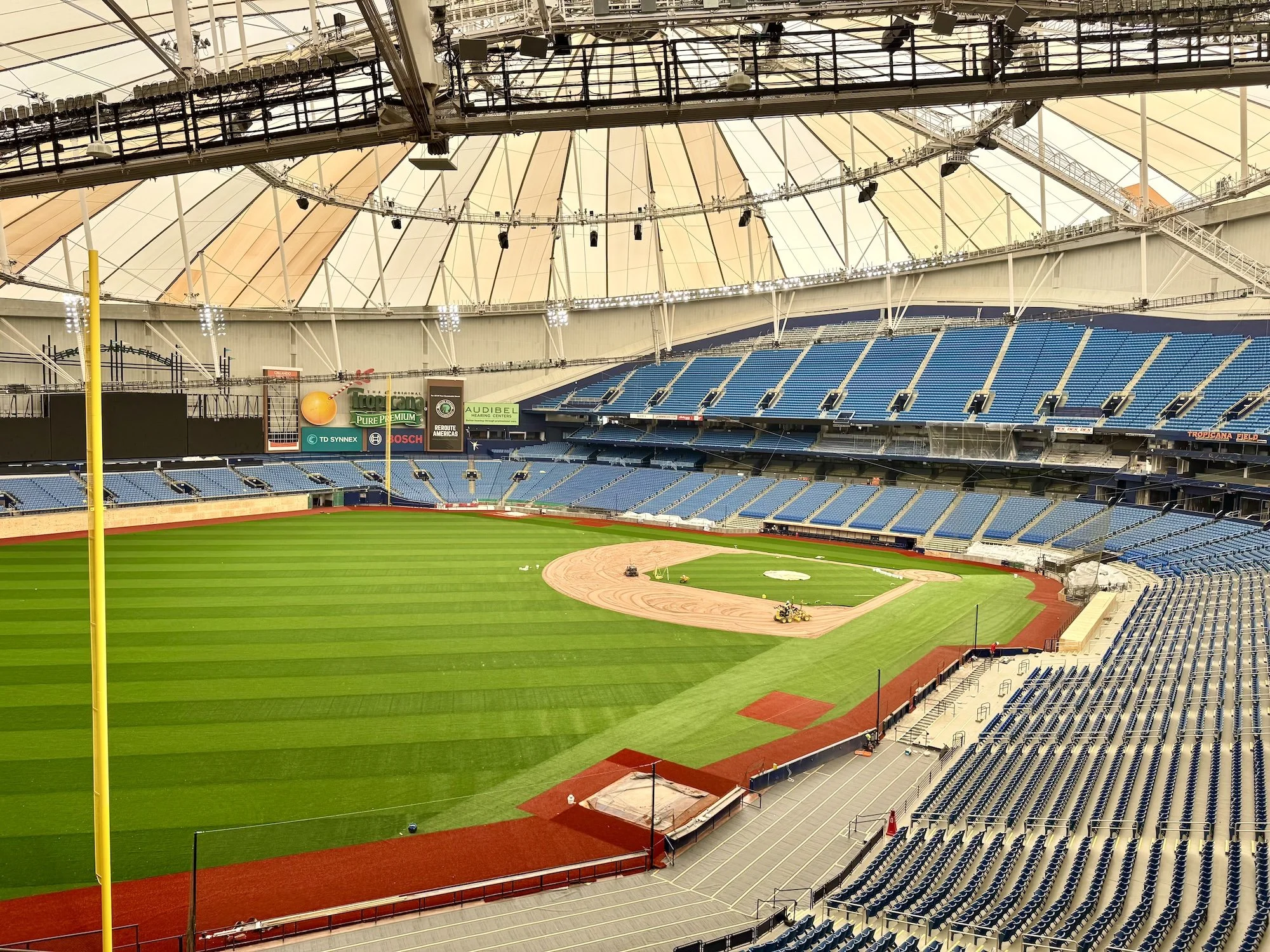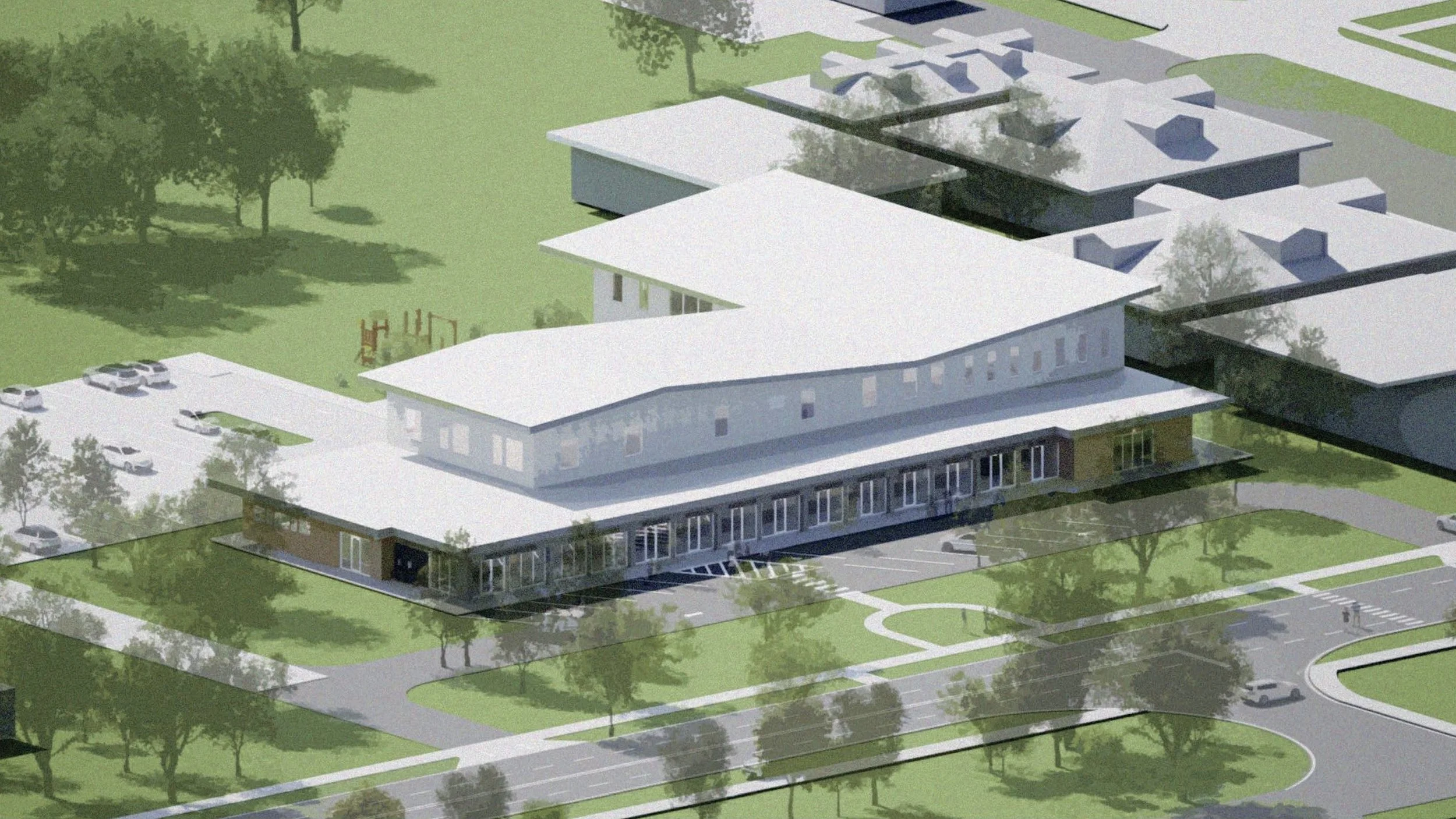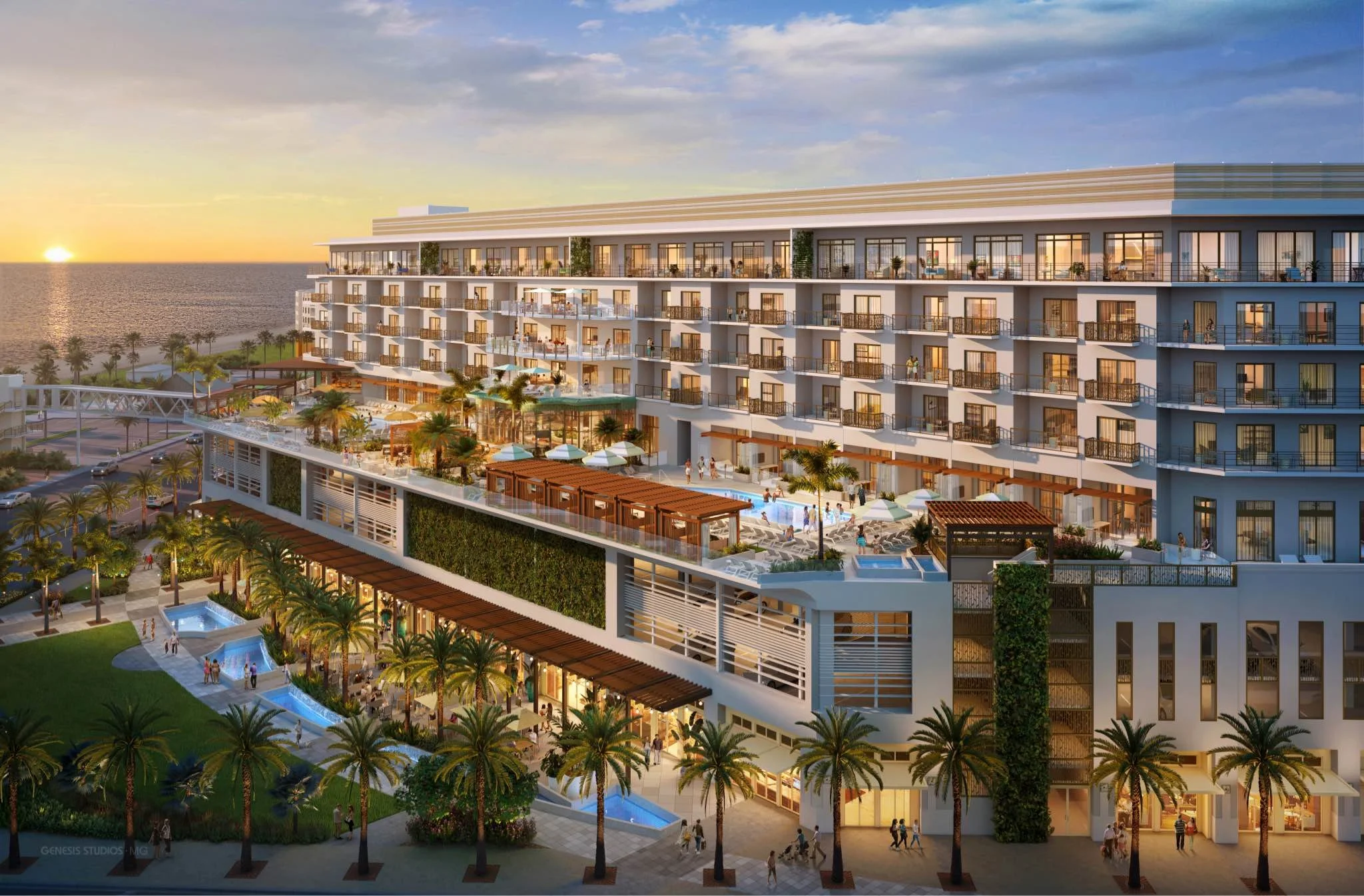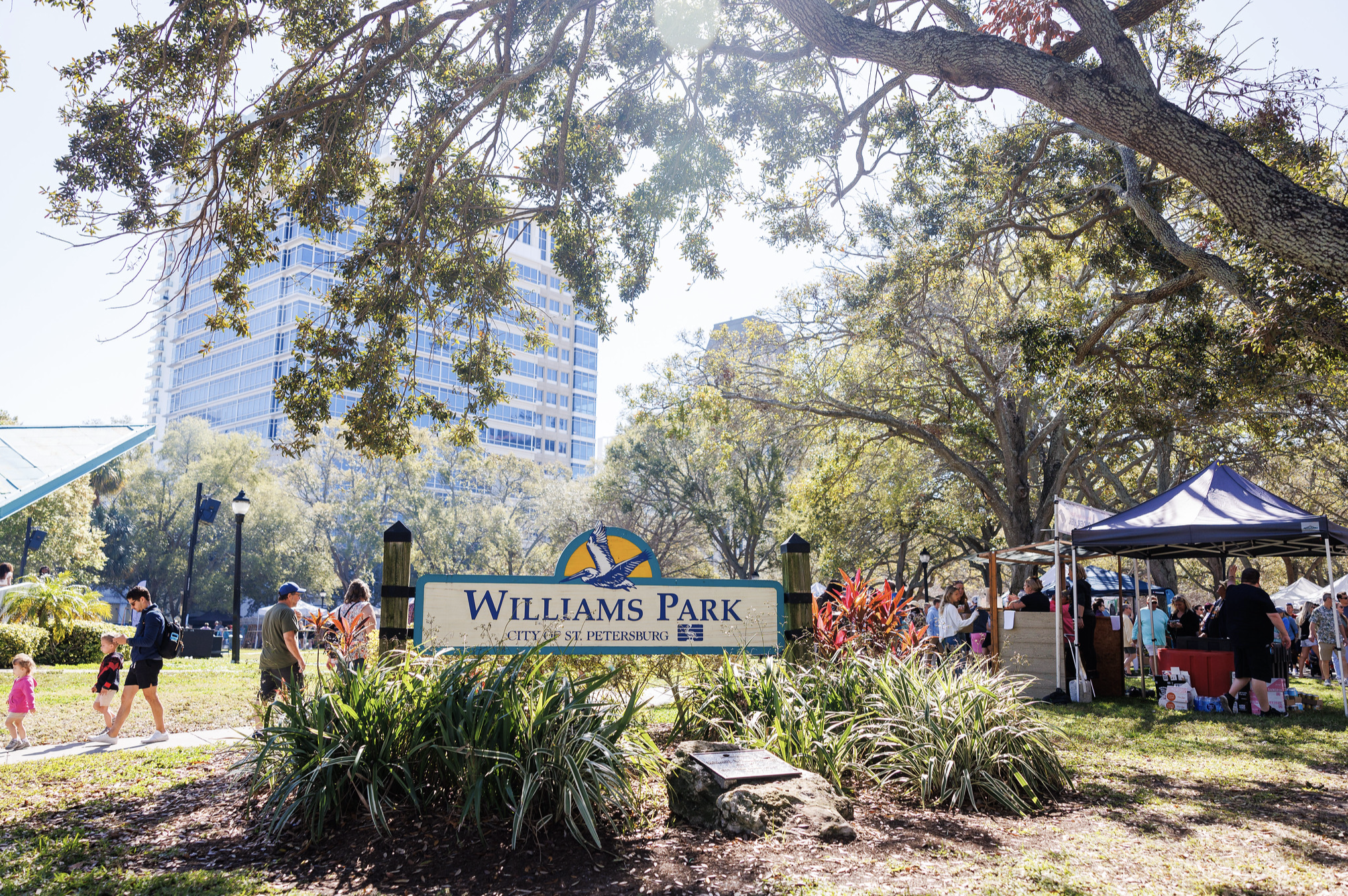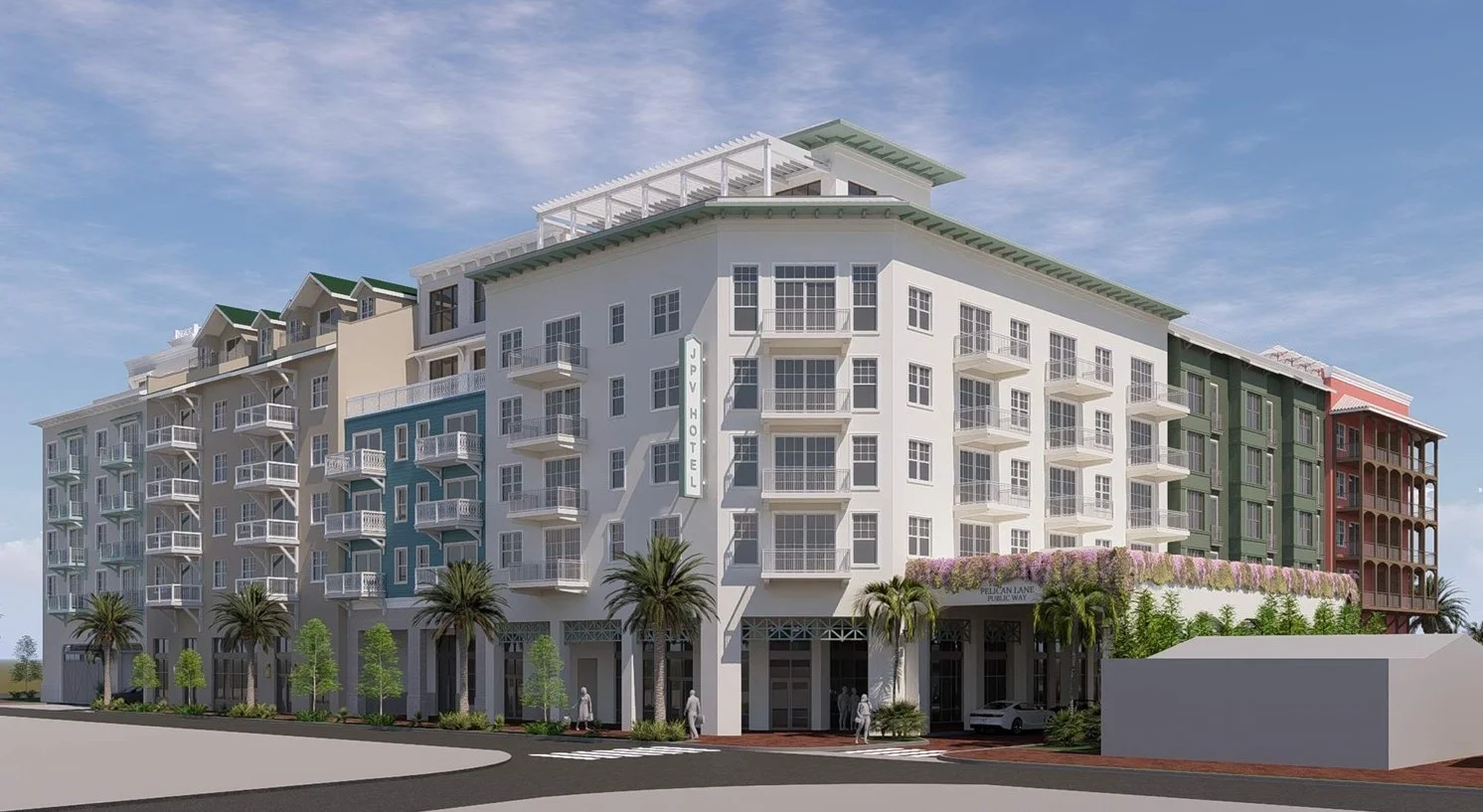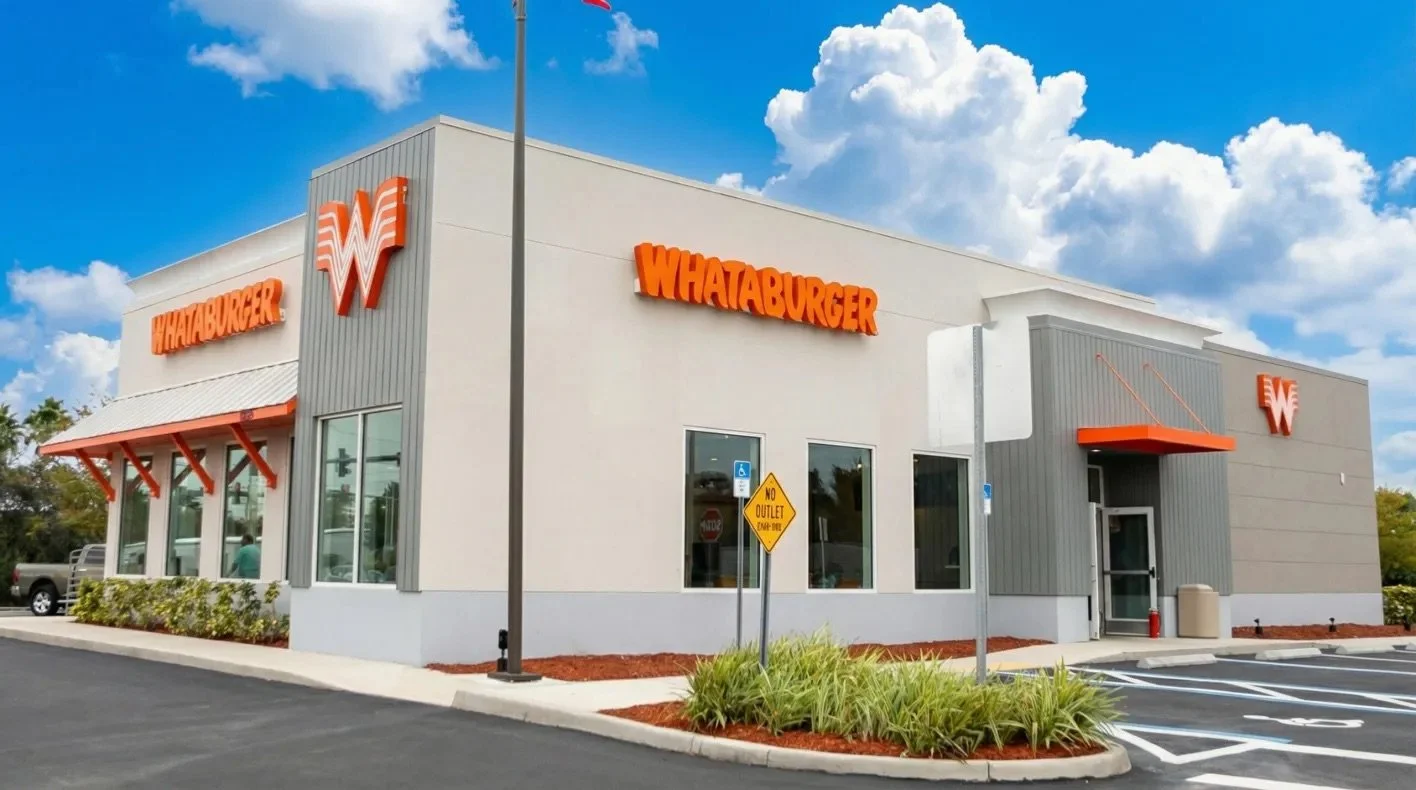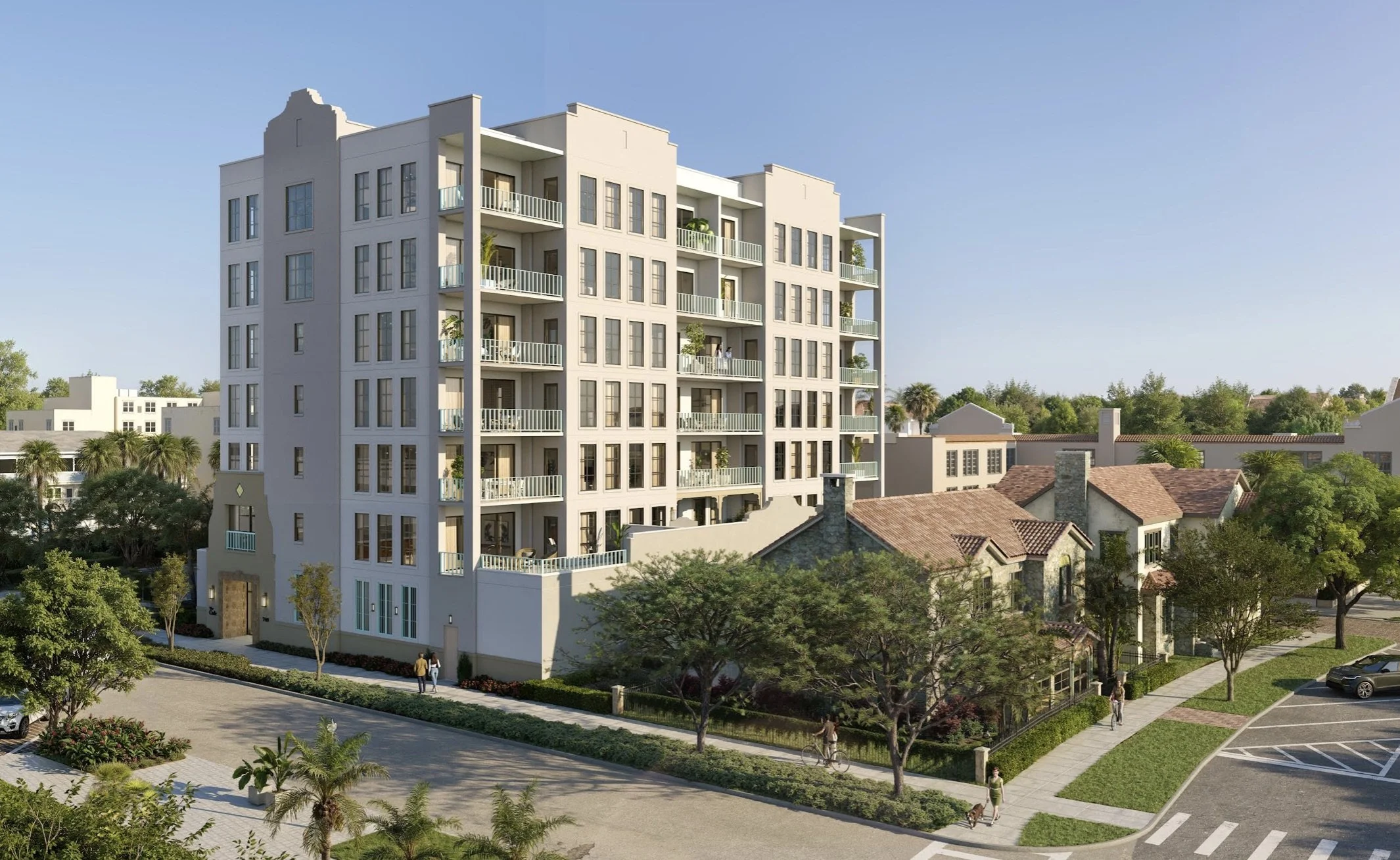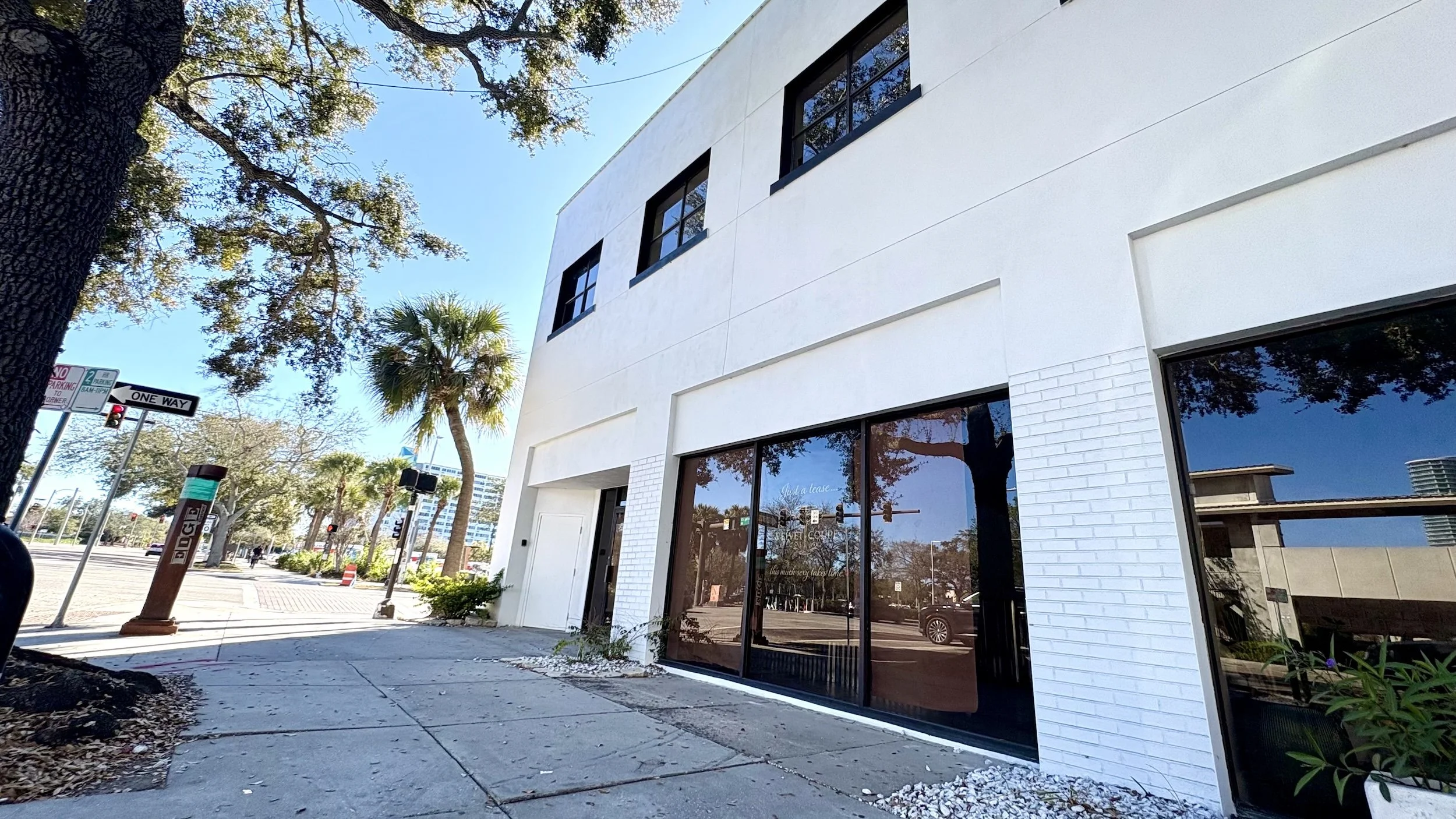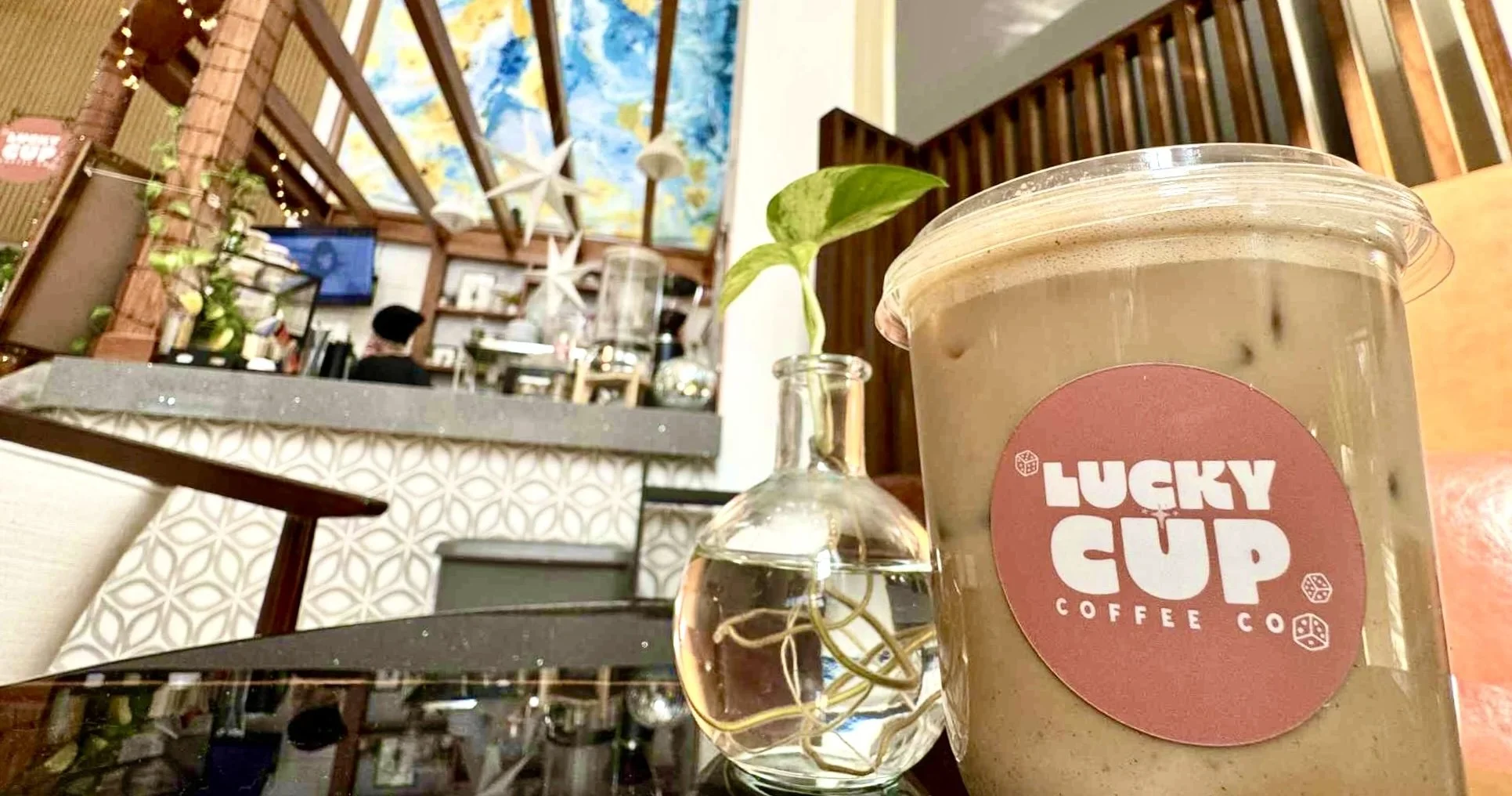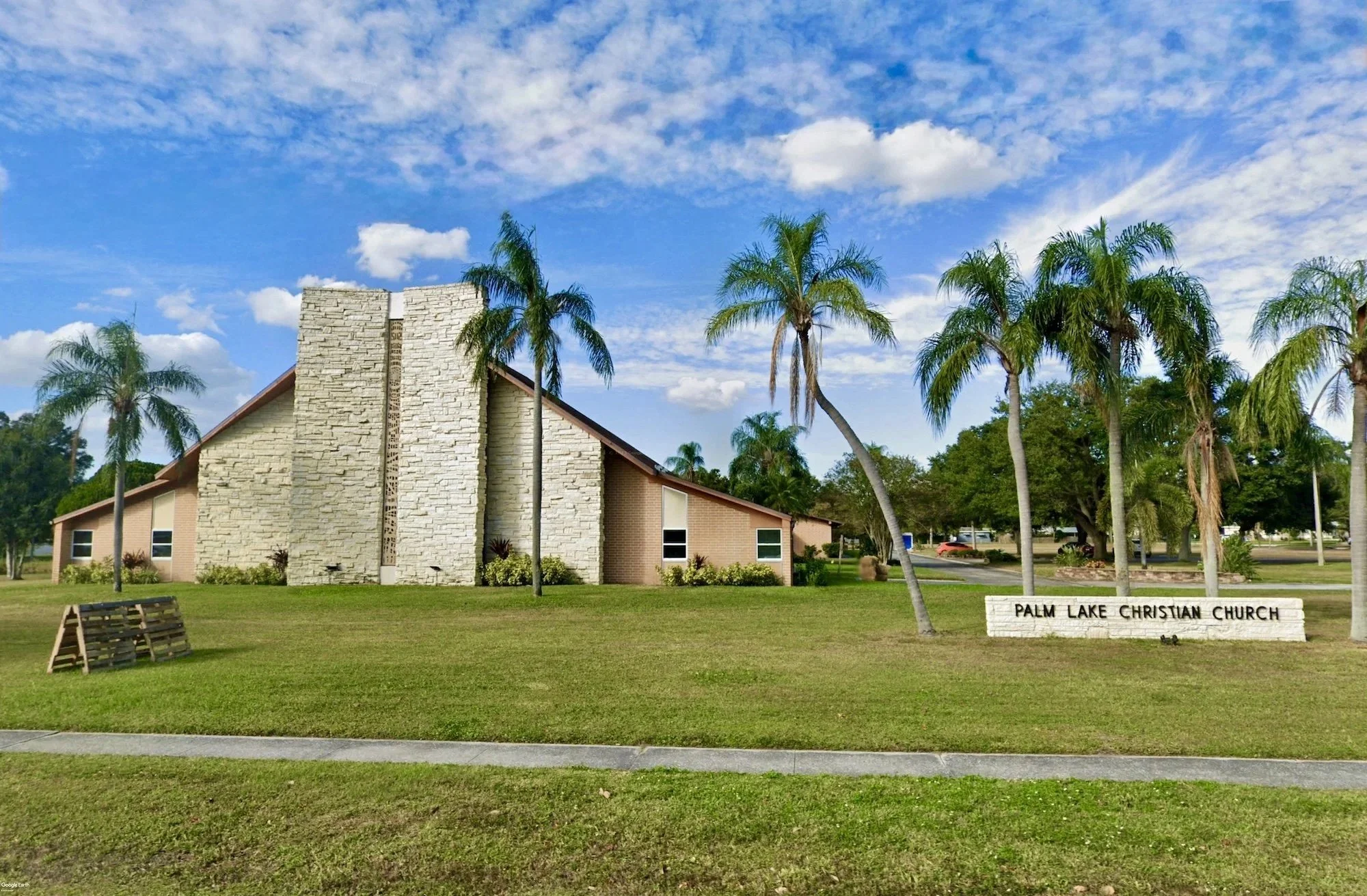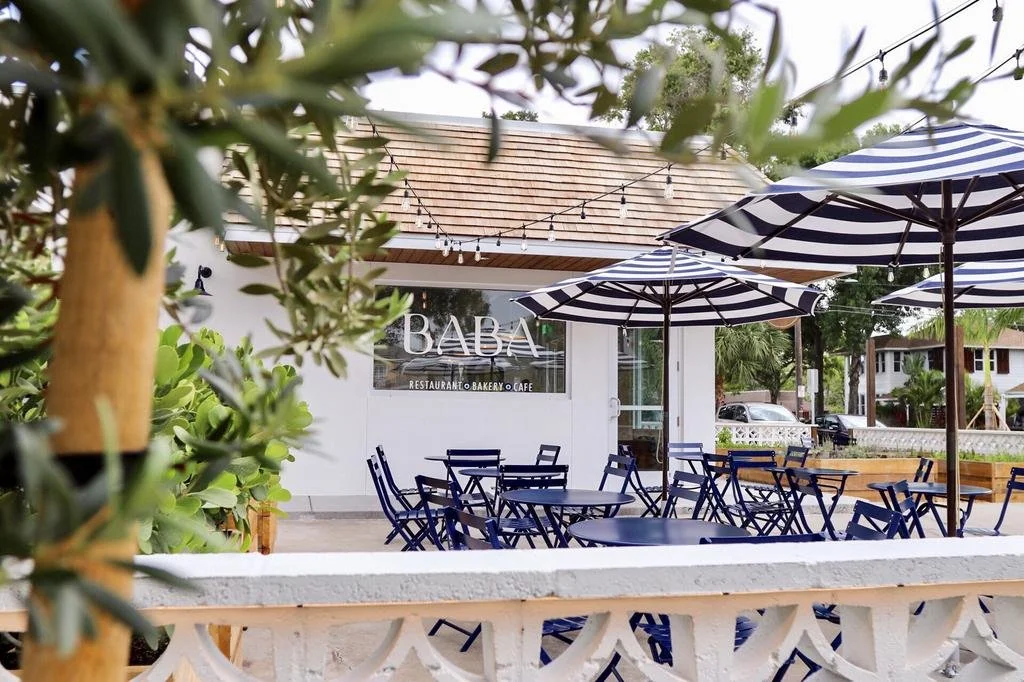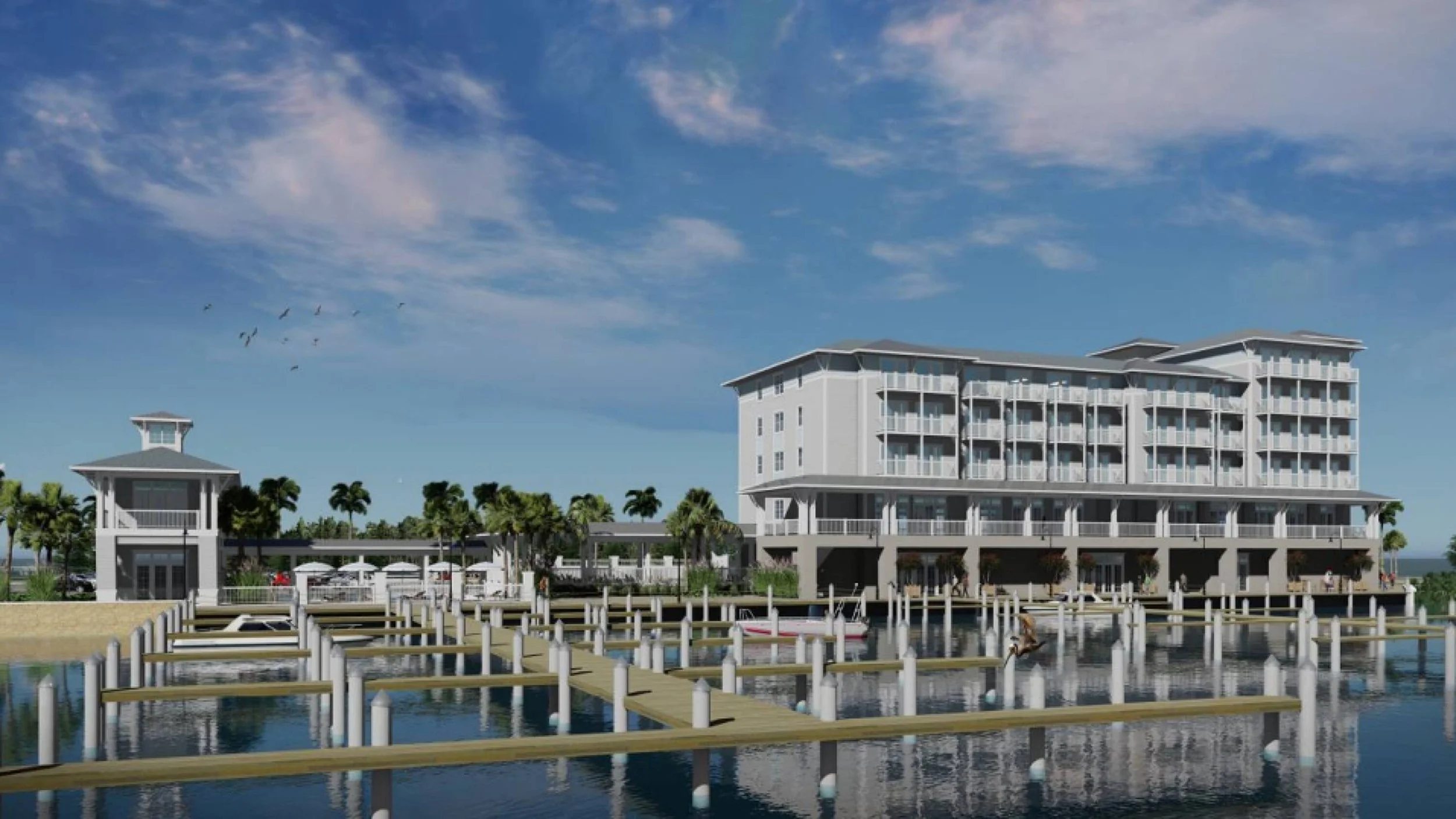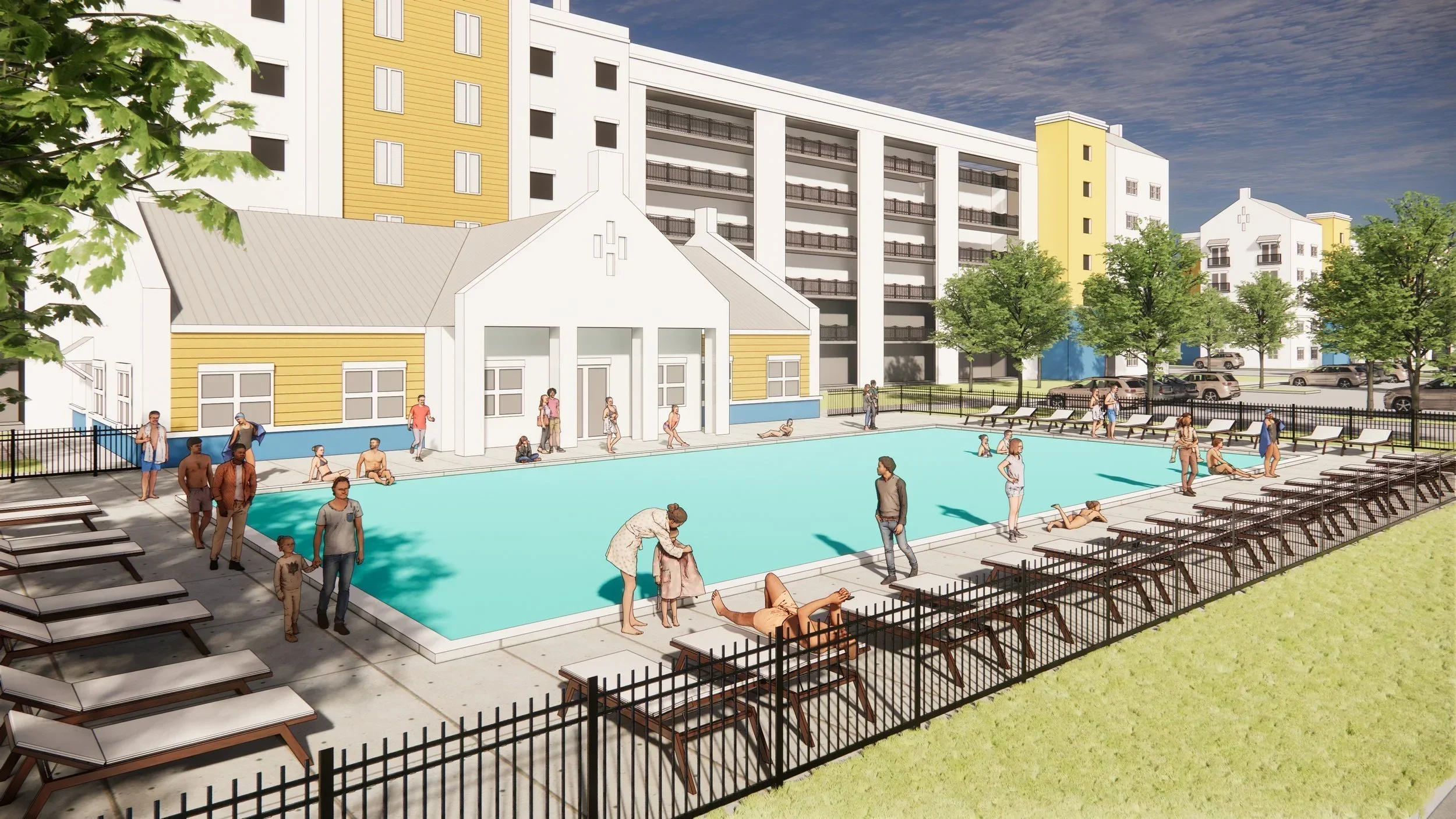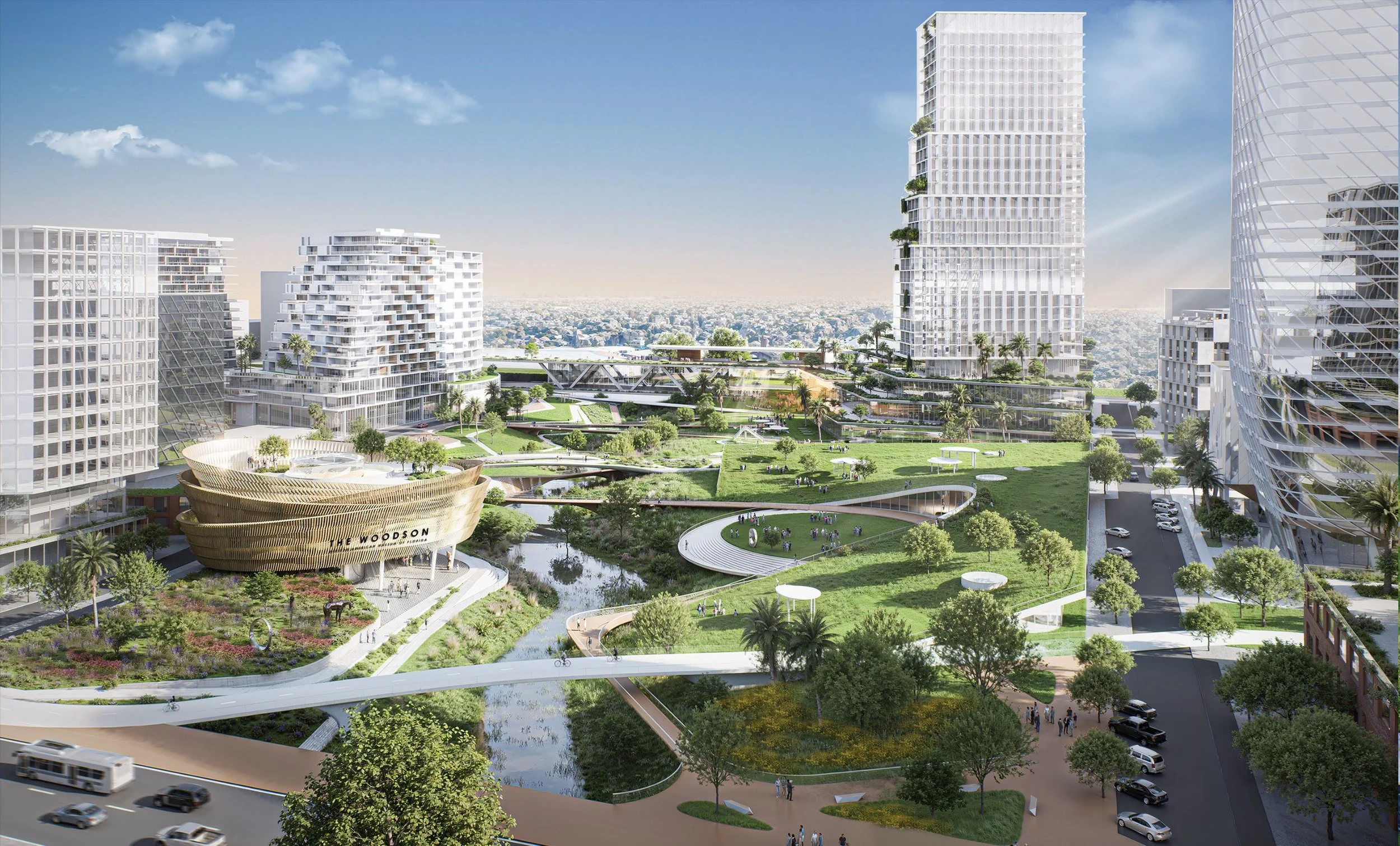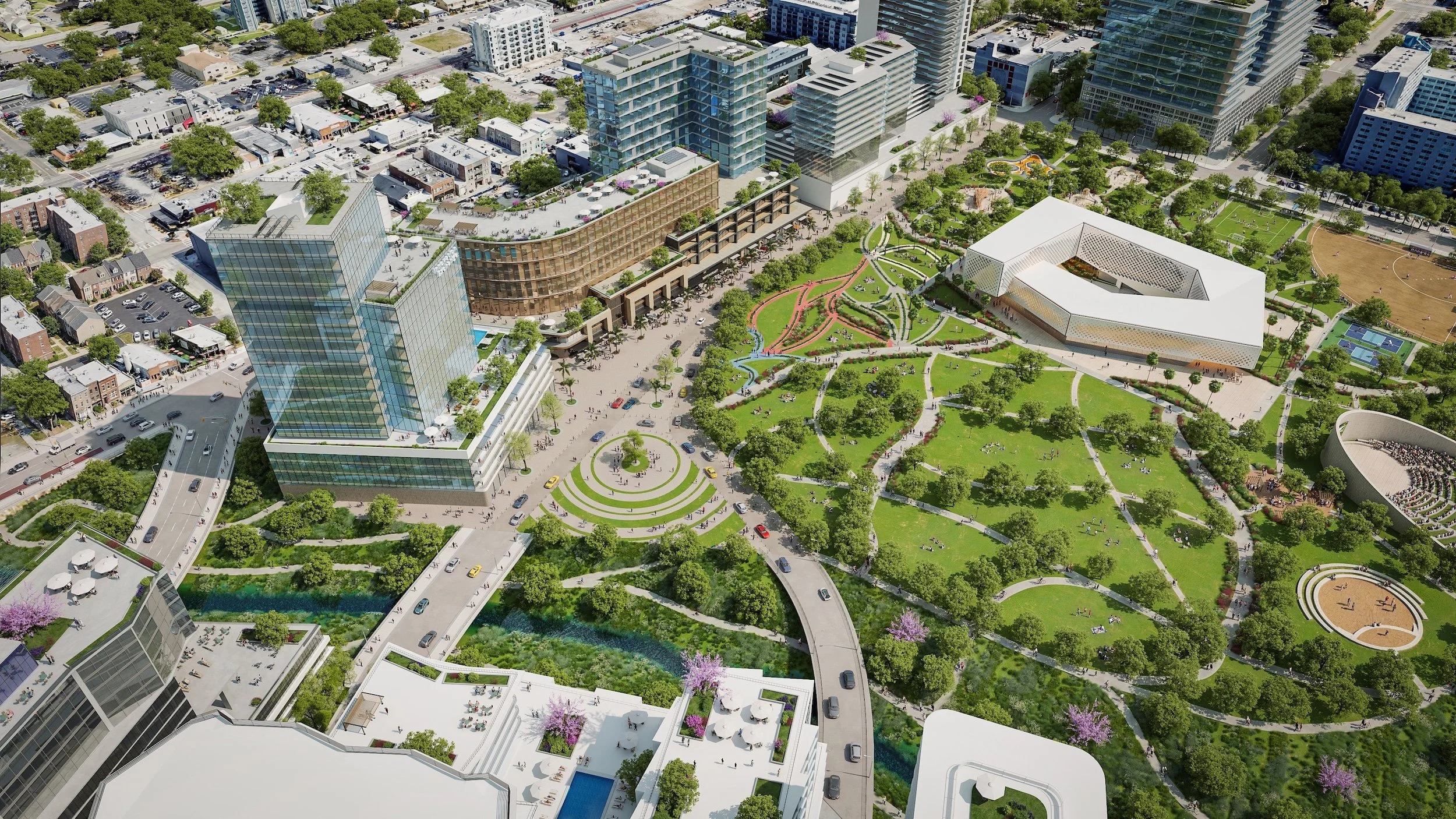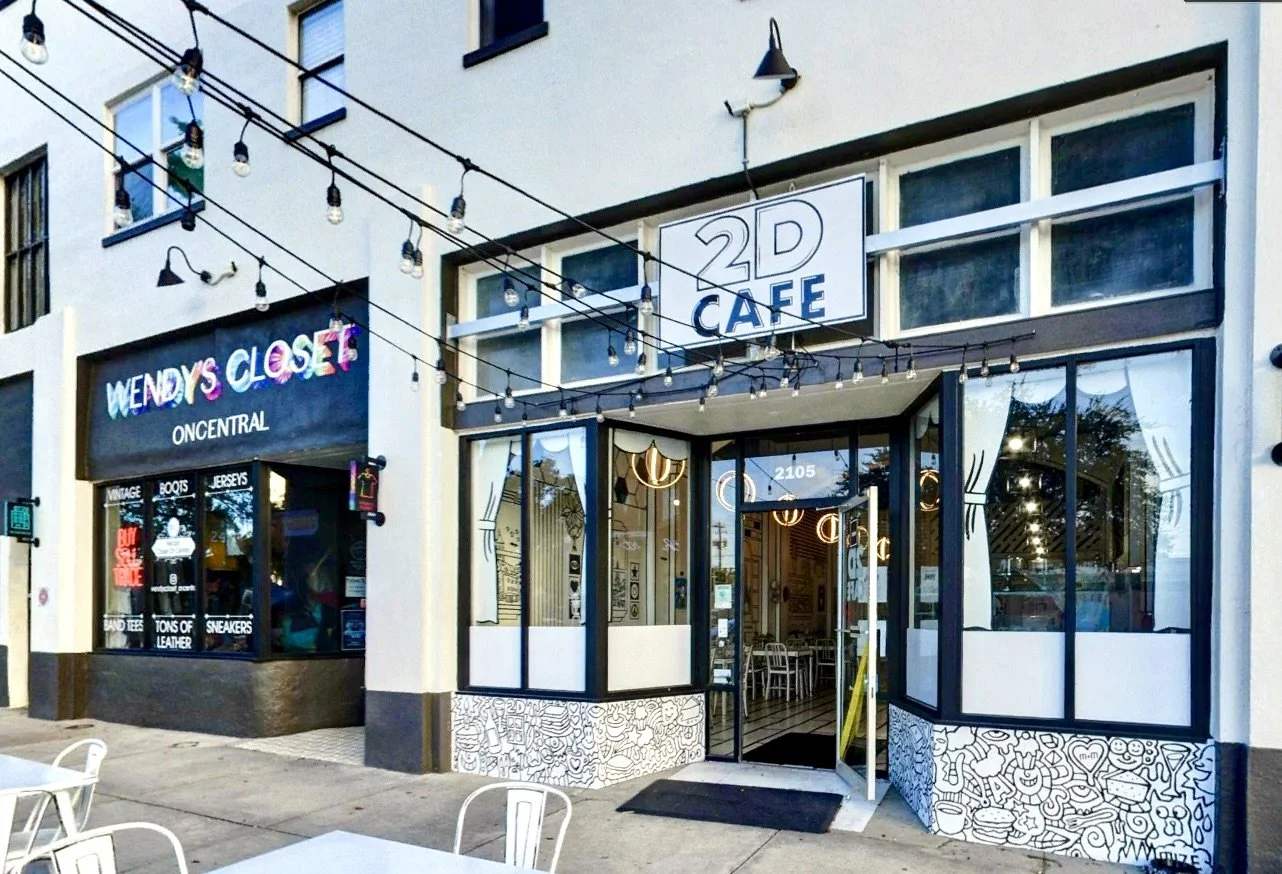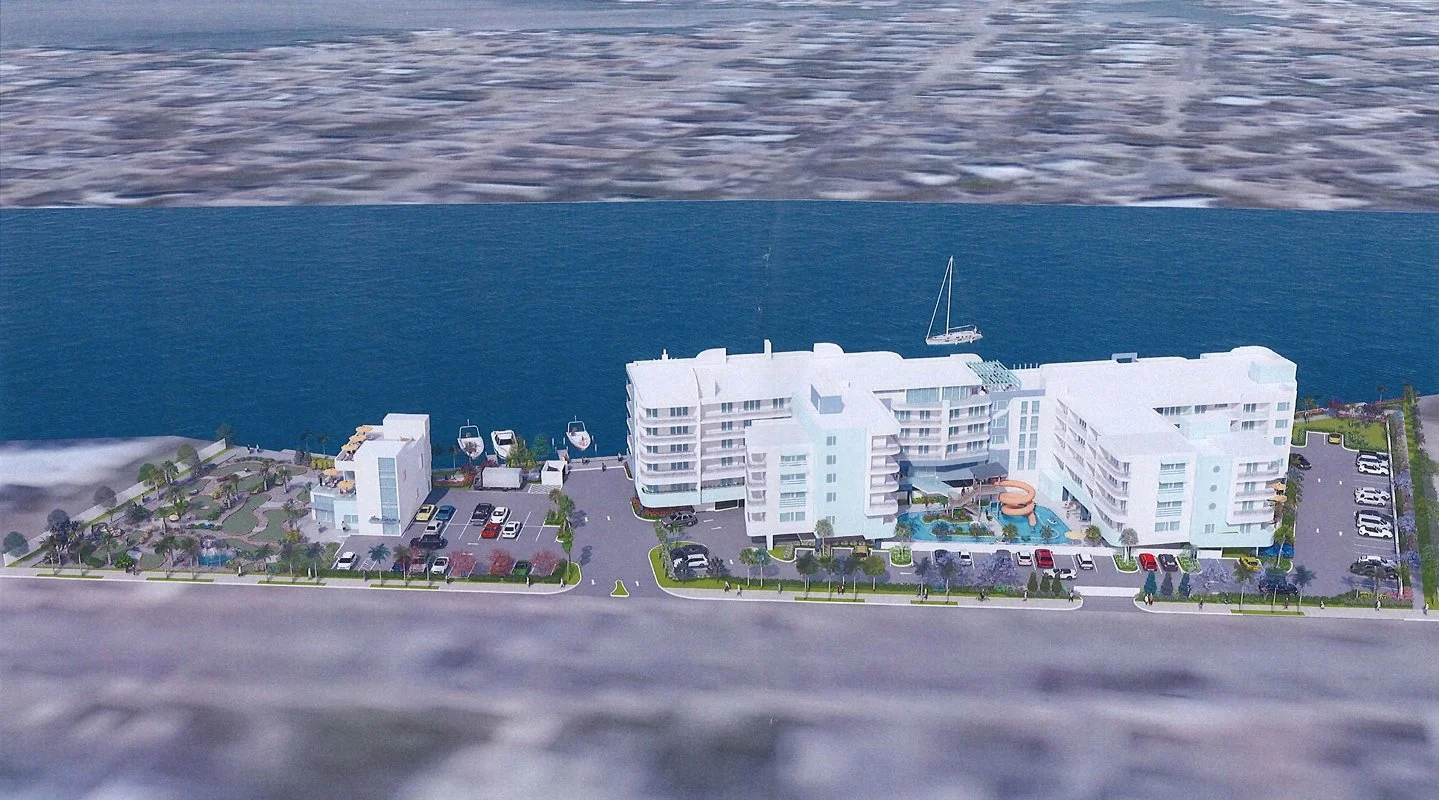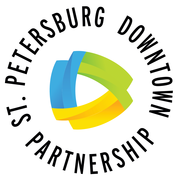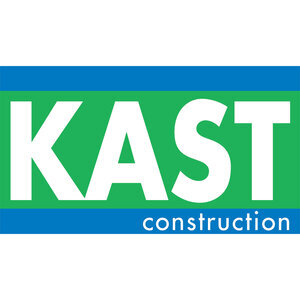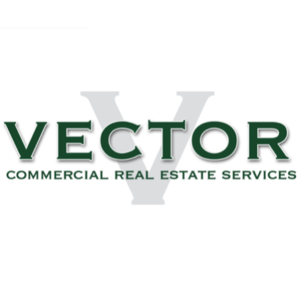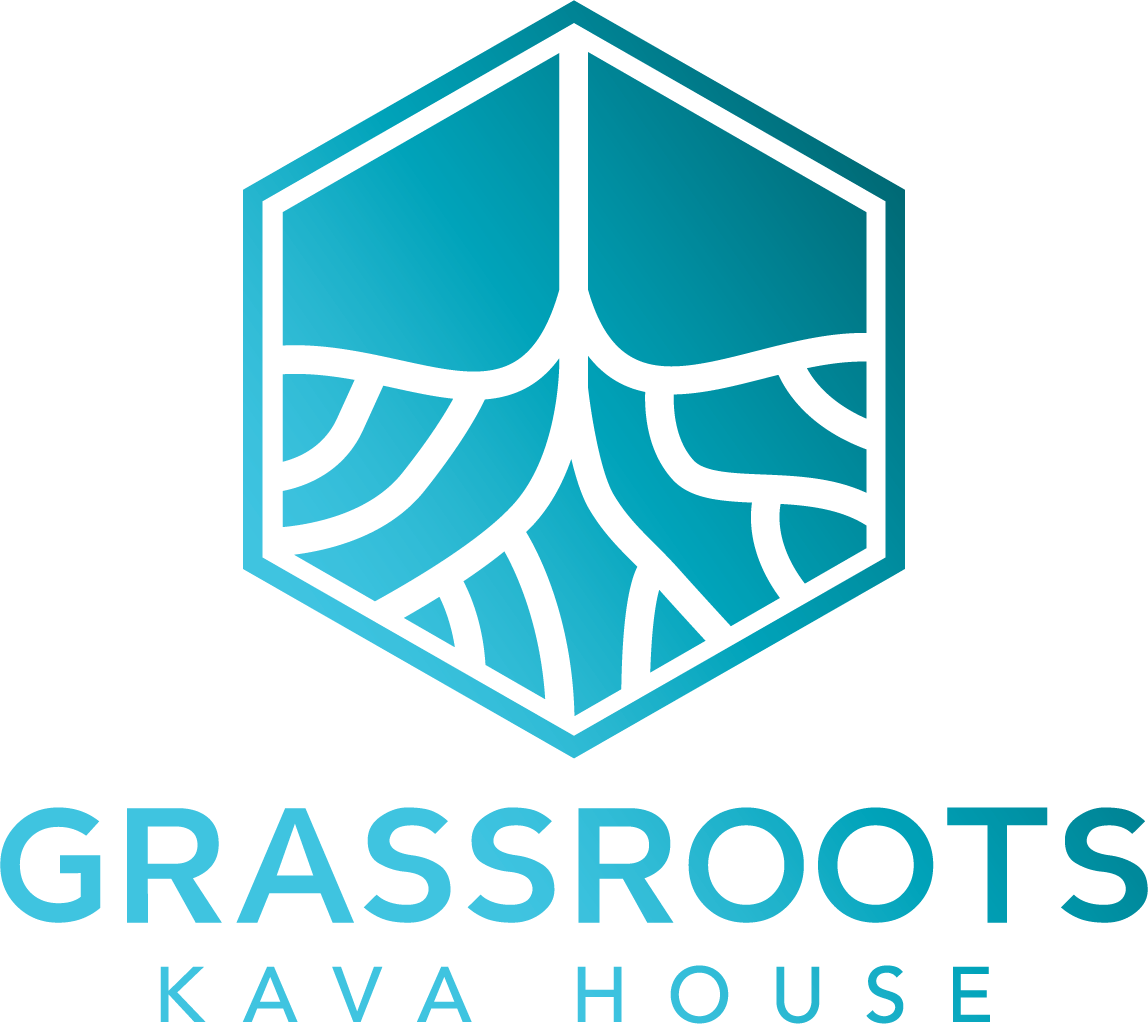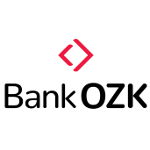Massive 1,000-unit apartment project proposed for west St. Pete seeks $14.8 million from city and county
/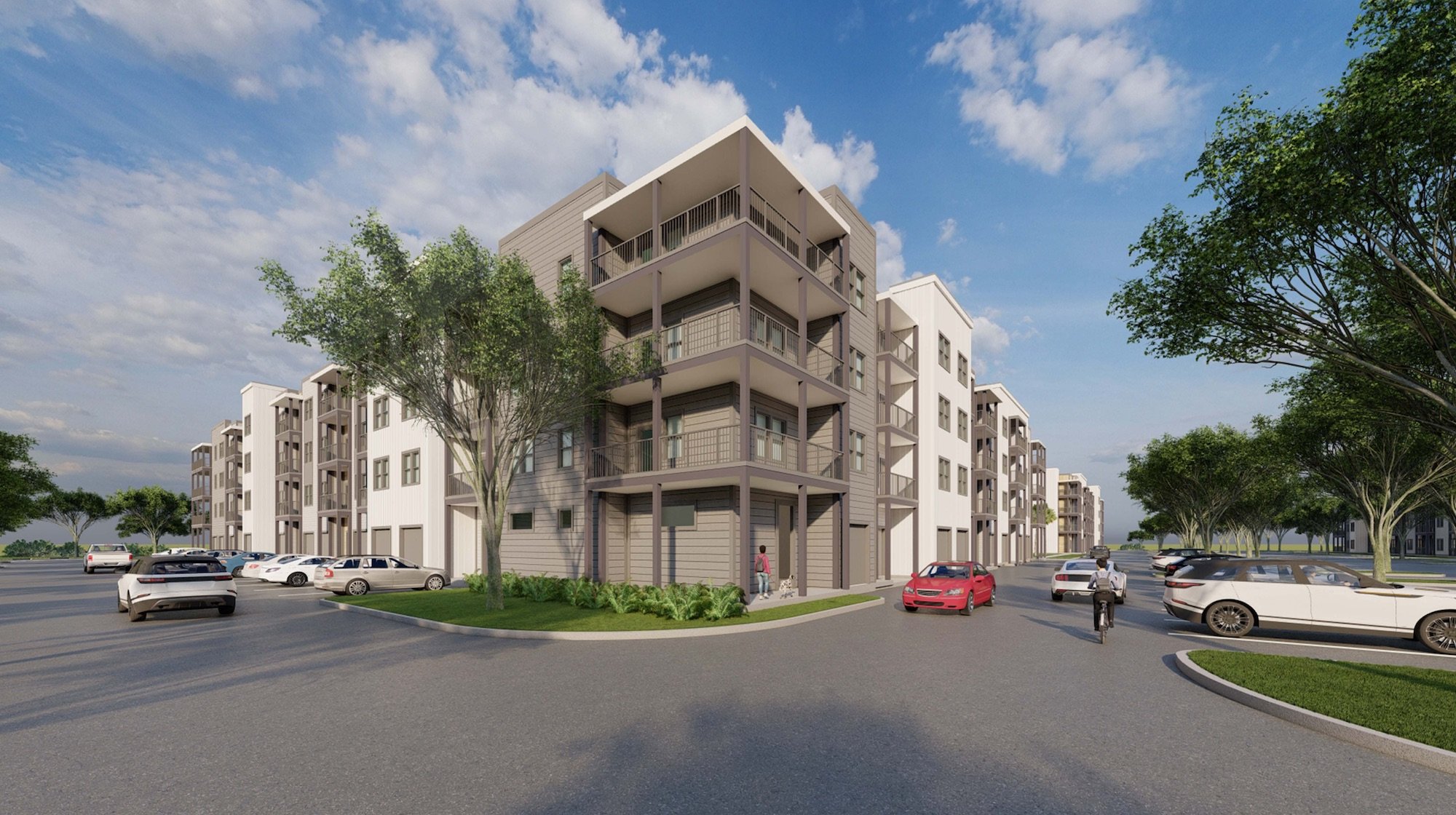
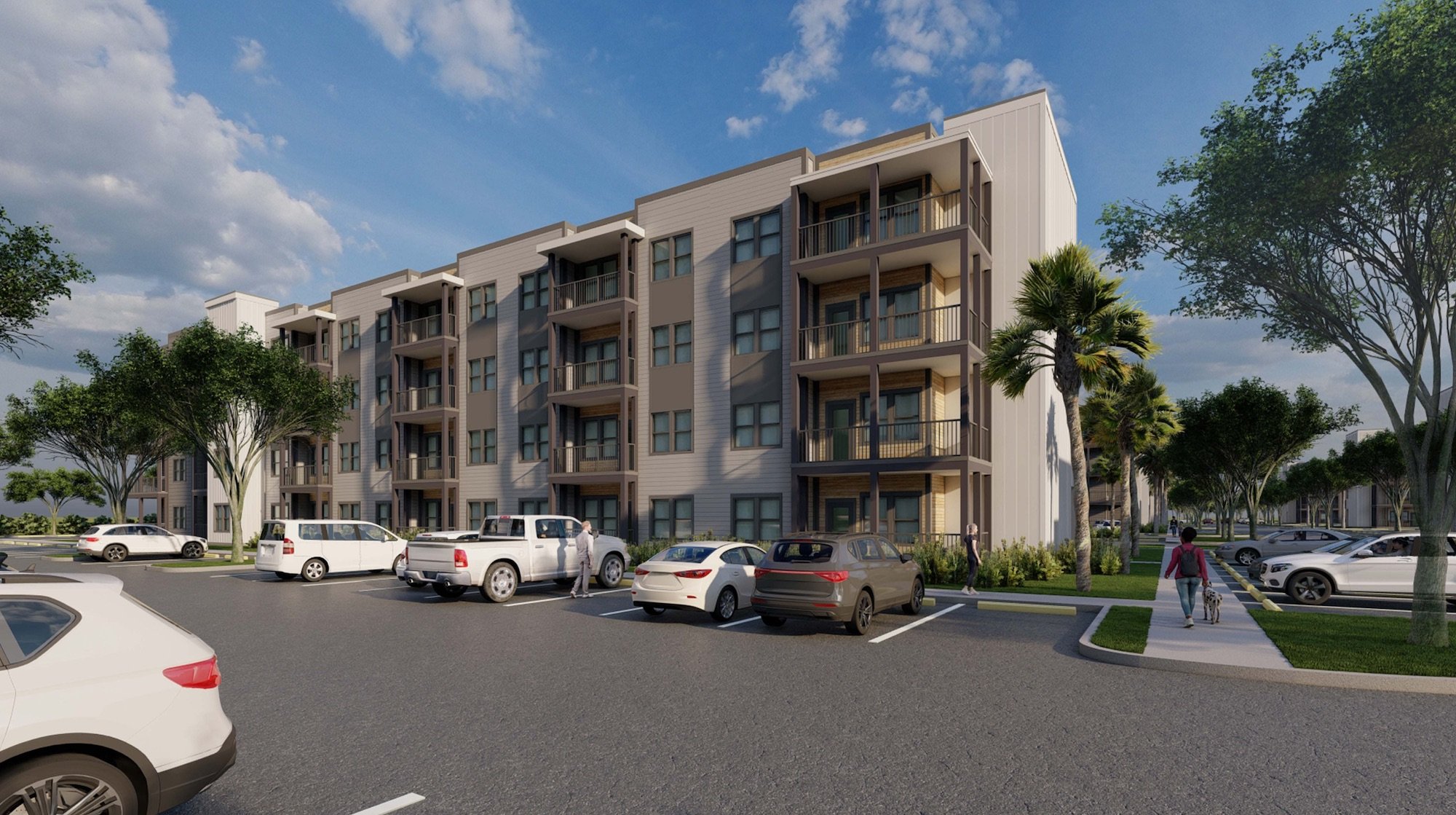
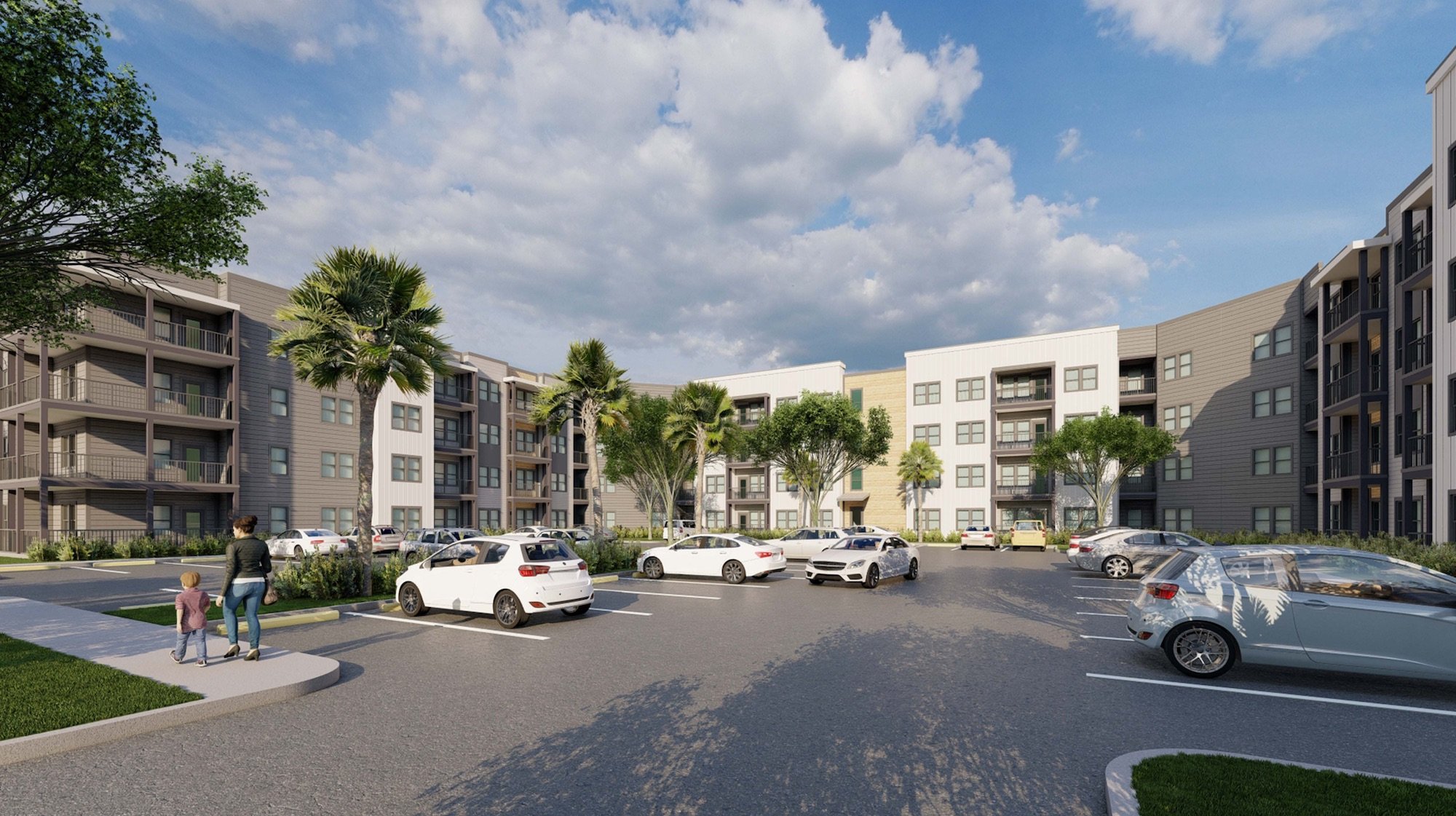
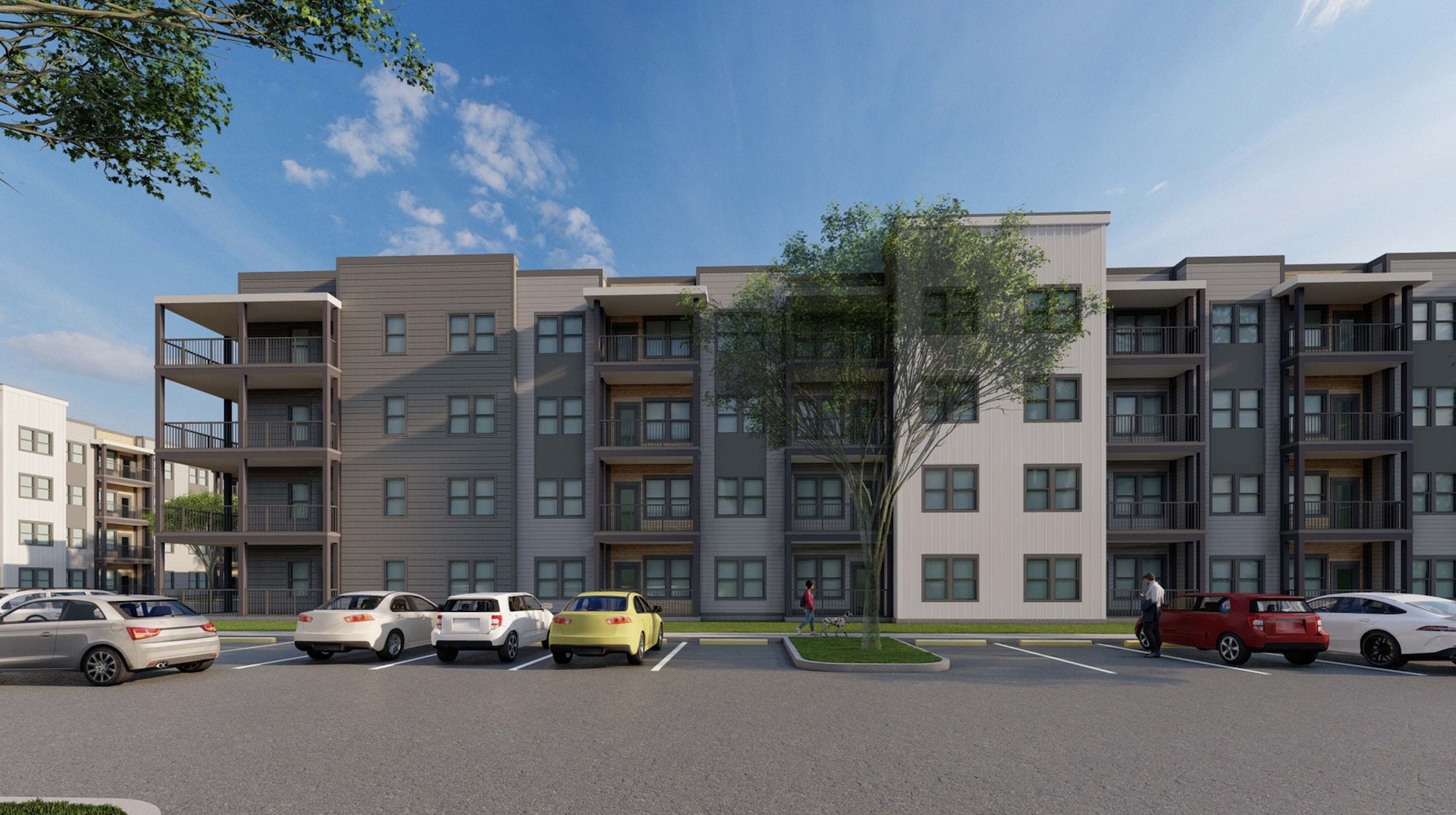
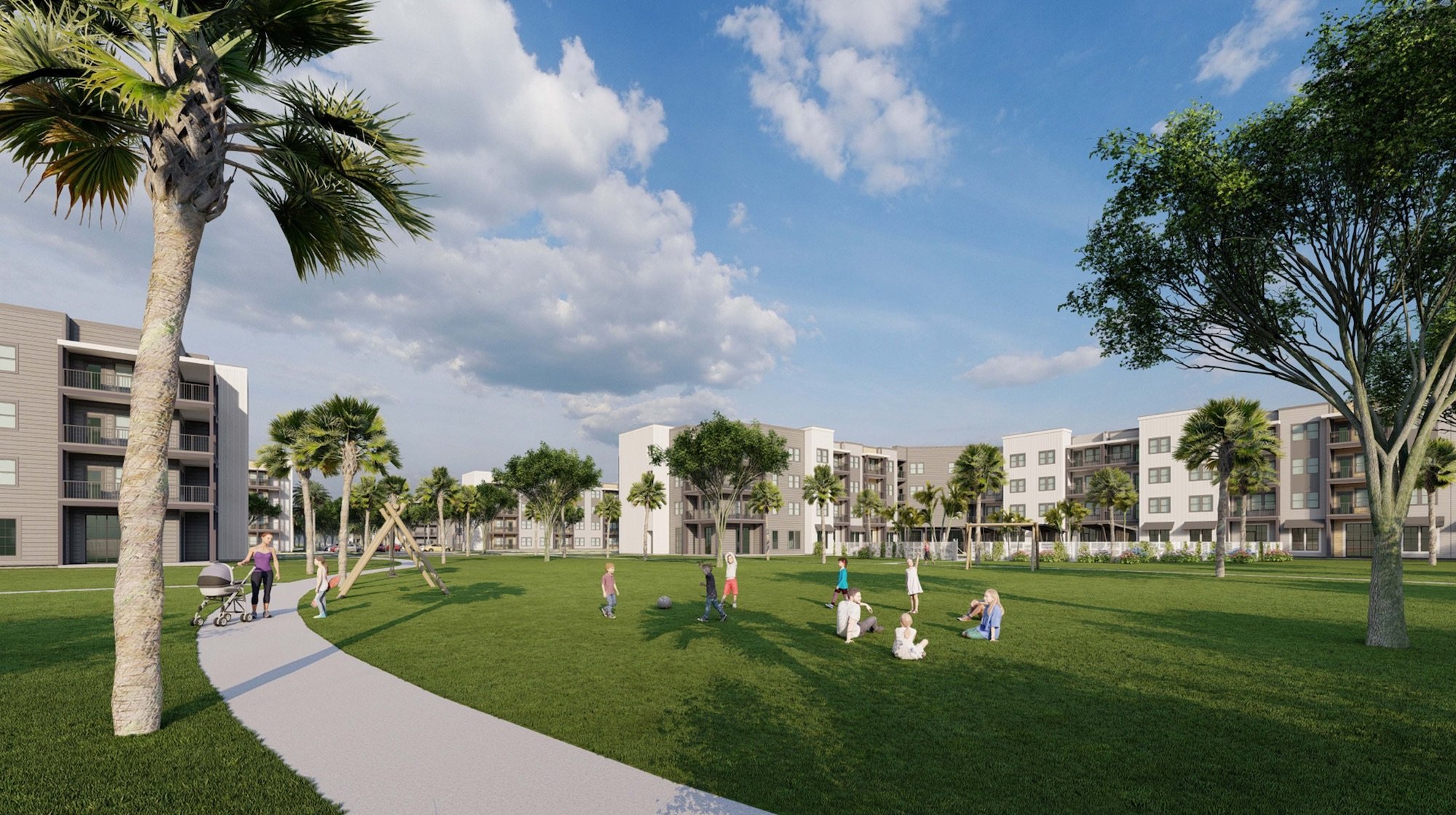
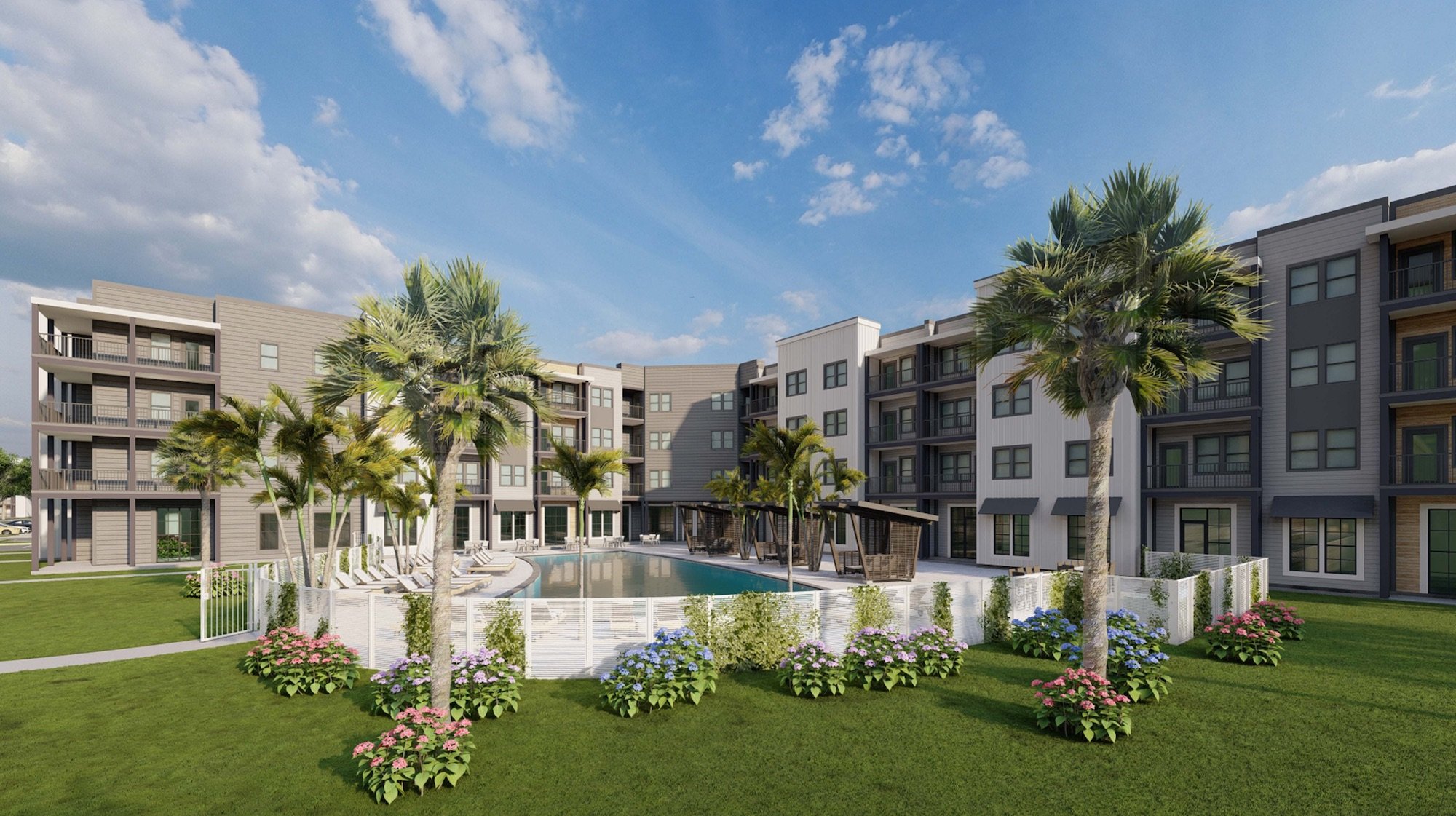
After years of retooling plans for a 29-acre vacant industrial property in west St. Petersburg, a new proposal has been filed to redevelop it into a massive 1,000-unit apartment community.
Landowner Porter Development, headed by Les Porter, and joint venture partners Falcone Group and Metro Development Group, have submitted funding requests to the City of St. Petersburg and Pinellas County for the project now called Azalea Gateway, a proposed mixed-income multifamily project at 1501 72nd Street North, the former home of Raytheon Technologies.
"As our city grows, it is crucial that we ensure our teachers, first responders, hospitality workers, and others have access to safe and affordable living options," Porter said to St. Pete Rising.
The development group is requesting a $4.9 million contribution from the City of St. Petersburg and $9.9 million from Pinellas County’s Penny for Pinellas funds to help construct phase one of the project.
Azalea Gateway would bring a total of 1,000 apartments, including 300 affordable apartments, across three phases of development, which would make the project among the largest public-private housing projects in the history of St. Petersburg.
Porter Development proposes to construct 1000 apartments on a 29-acre site at 1501 72nd Street North in west St. Pete | Google Earth
Porter said public-private partnerships are a critical part of the capital stack to make this project a reality.
"By financially supporting our efforts with Azalea Gateway, we are working together to address the housing crises and ultimately will be adding 300 affordable homes for people in our community," Porter said.
The first and second phases of the project call for 320 units each, including 96 affordable housing units per phase. The third and final phase would add 360 units, with 108 units allocated to affordable housing.
The affordable housing units for all three phases of Azalea Gateway will be evenly distributed among residents earning 80% and 120% of the area median income (AMI).
The units are required to remain affordable for at least 30 years.
The first and second phases of Azalea Gateway call for 320 units each, including 96 affordable housing units per phase | ARC3 Architecture
The first phase of Azalea Gateway will encompass two U-shaped, 124-unit buildings and a single L-shaped building with 72 units, a parking garage, a clubhouse, a leasing office, a fitness centers and yoga room, a game room, a pool, and a pet spa.
The second phase will be identical to the first phase with a green park space between the two L-shaped buildings.
In total, the project will contain 1,174 parking spaces.
Each phase will take approximately two years to complete. The entire project is expected to wrap up in 2030.
The development team includes St. Pete-based ARC3 Architecture, Clearwater-based Gulf Coast Consulting, and global engineering firm Stantec.
The city previously approved a site plan for a 1,058-unit apartment development at the property. The recent changes to the plan are not substantial enough to require the development team to obtain a new site plan approval, according to City of St. Petersburg’s Housing Development Manager Mark Van Lue.
Porter acquired the site in 2021 for $10.5 million. He initially planned to build a 150,000-square-foot sports complex alongside a recreational lagoon, but he ultimately withdrew plans after receiving opposition from neighbors and Forward Pinellas denying approval of the sports center.
The first and second phases of Azalea Gateway will each encompass two U-shaped, 124-unit buildings and a single L-shaped building with 72 units | ARC3 Architecture
The property has been subject to controversy over the years due to the site’s environmental contamination. Defense contractor Raytheon purchased the property in 1995, but never fully developed the site due to pollution issues that led to legal action.
The site has been undergoing site rehabilitation since the 1990s. Raytheon sold the property, which neighbors Azalea Park, in 2015 to the Commercial Development Company who sold the property six years later to Porter Development.
“[Site rehabilitation] efforts initially focused on removing contaminated soils and have since shifted to groundwater remediation,” said Brian Humphreys, Public Information Specialist at Florida Department of Environmental Protection (DEP) in an email to St. Pete Rising. “Results of these efforts continue to be submitted to DEP and show that the groundwater plume is shrinking and not migrating.”
However, despite the existing environmental contamination, development of the site may still be able to move forward.
“Cleanup of a site is a complex, multi-phase process, but with appropriate remediation and planning, sites such as these can be safely repurposed.”
The 29-acre development site is situated east of Azalea Park and southwest of Tyrone Square Mall in west St. Pete | Google Earth
A restrictive covenant recorded on December 19th, 2023 outlines restrictions required to be followed by any group who decides to develop on the former Raytheon property.
Humphreys explains that “due to the nature of the restrictive covenant (which serves as an institutional control), occupants of the property will be barred from using the groundwater as a potable water source. Therefore, any development would need to be connected to municipal public drinking water system.”
Additional restrictions are related to the handling of stormwater facilities and vapor intrusion mitigation.
According to the submitted funding requests, Porter Development expects to break ground in early 2025. Construction of the first phase is estimated to cost roughly $104.58 million.
The $4.9 million and $9.9 million funding requests must go before the St. Petersburg City Council and the Pinellas County Board of County Commissioners, respectively. No hearing dates have been set yet.
